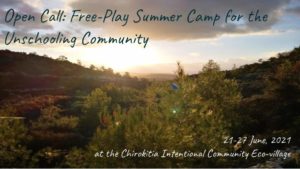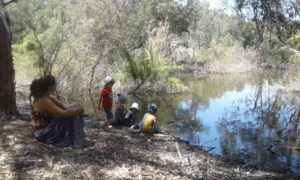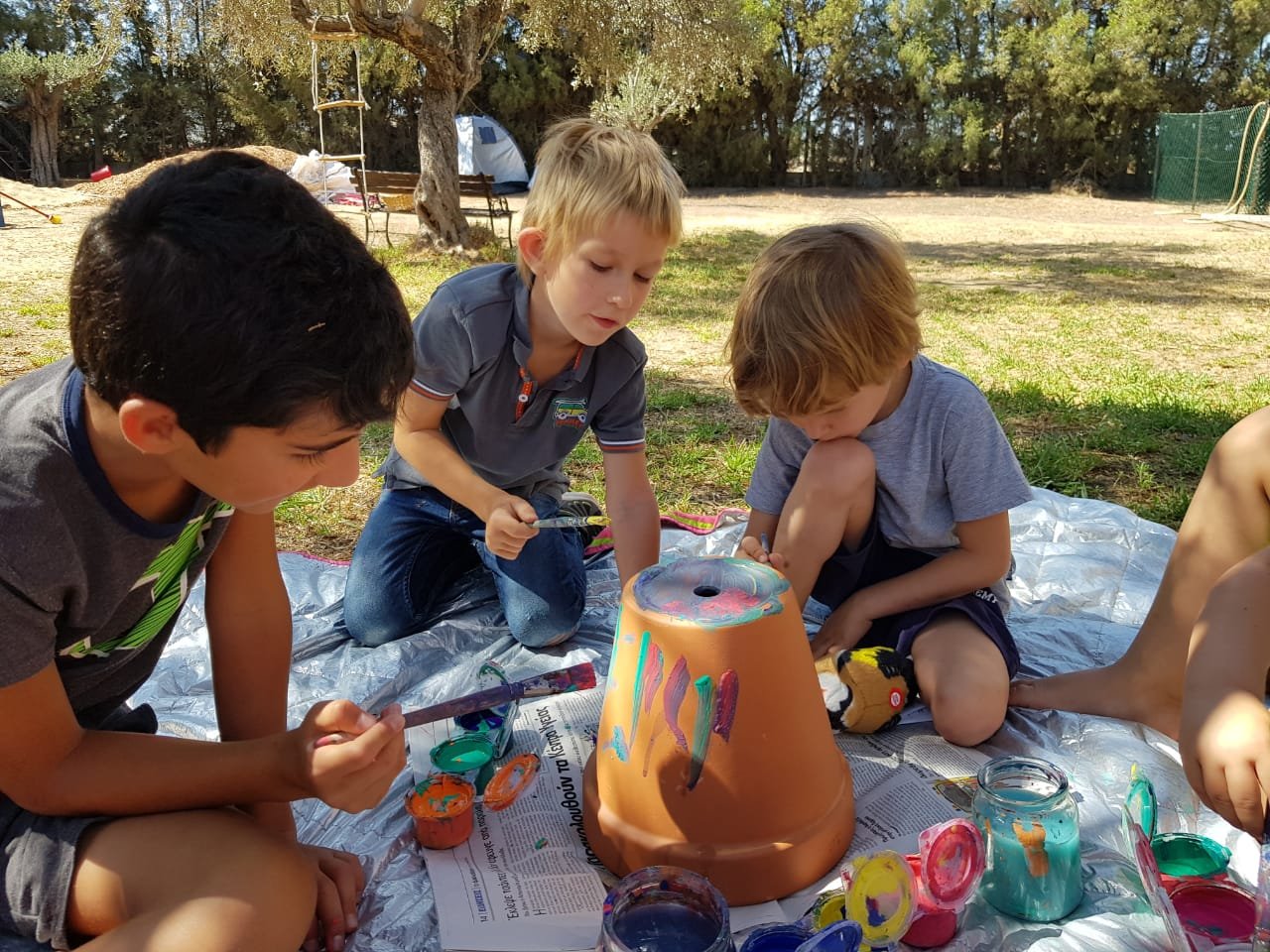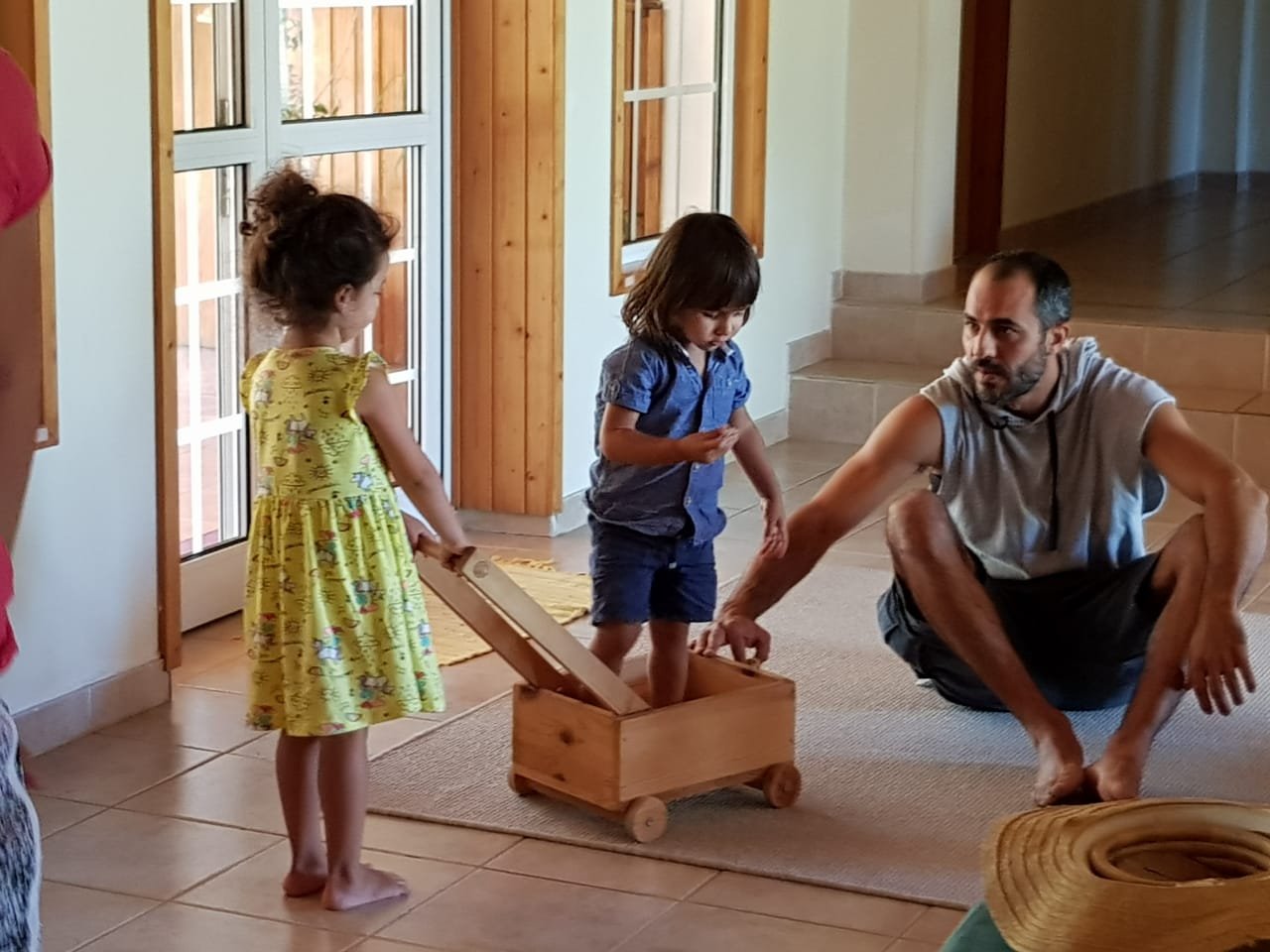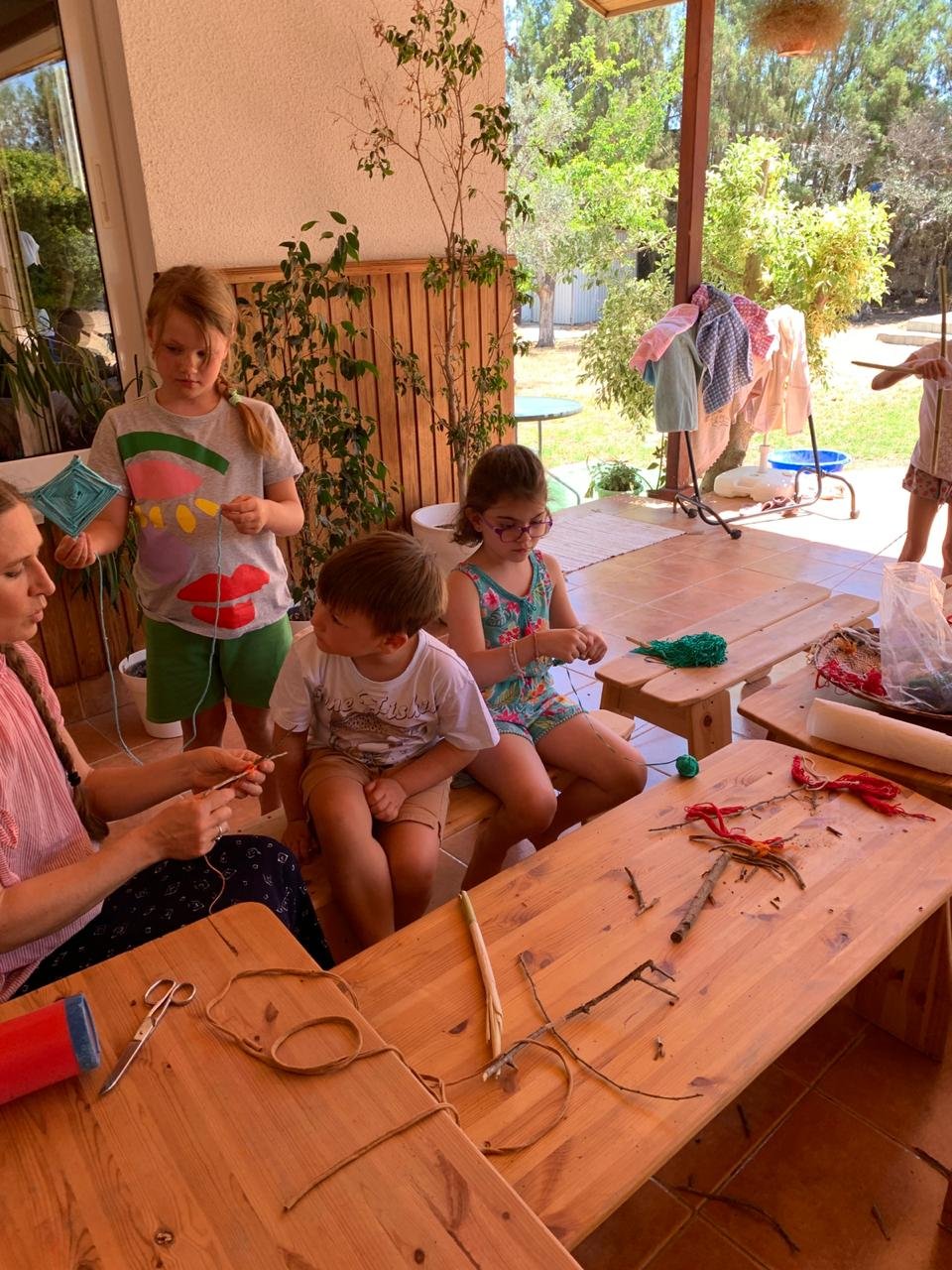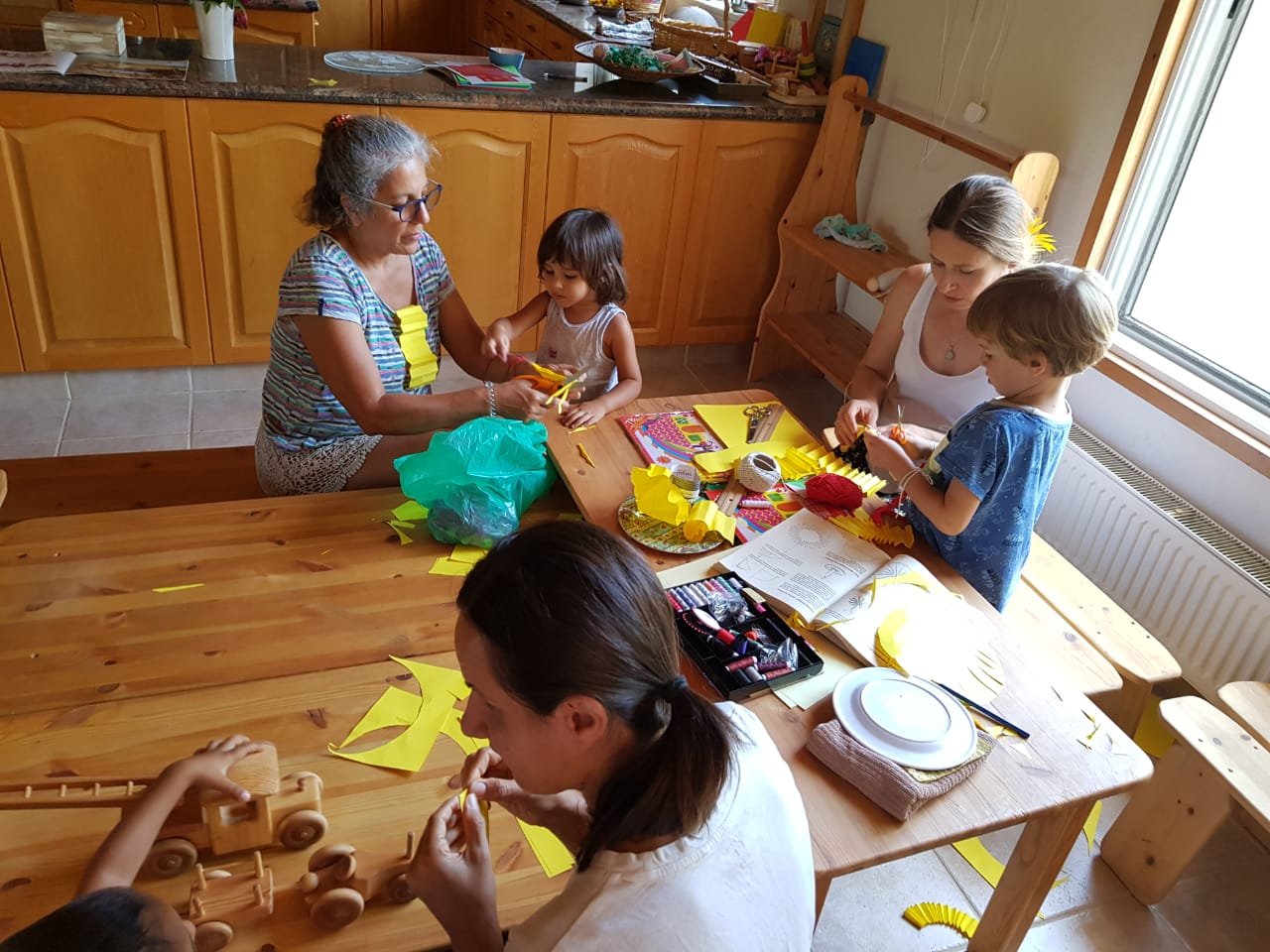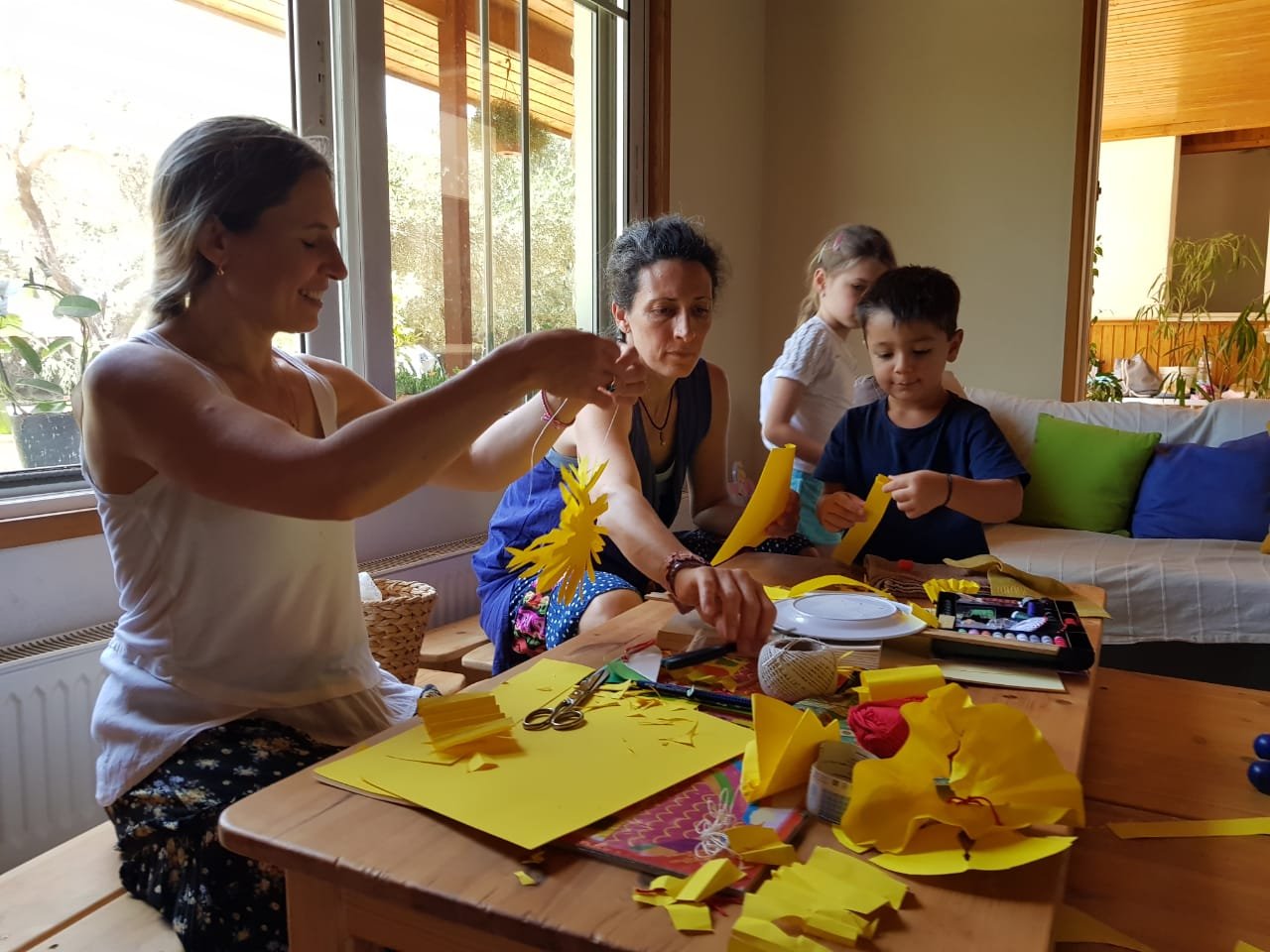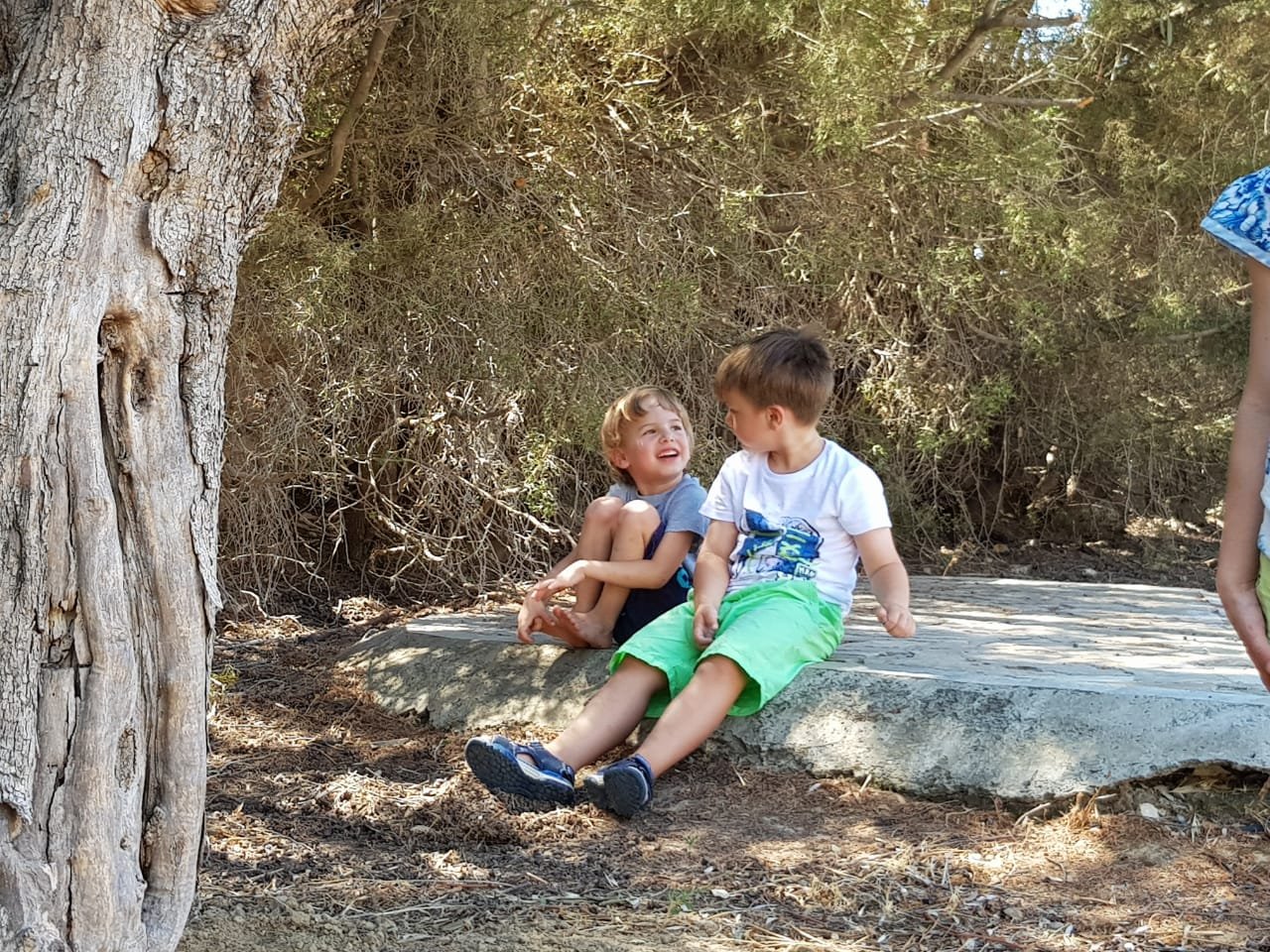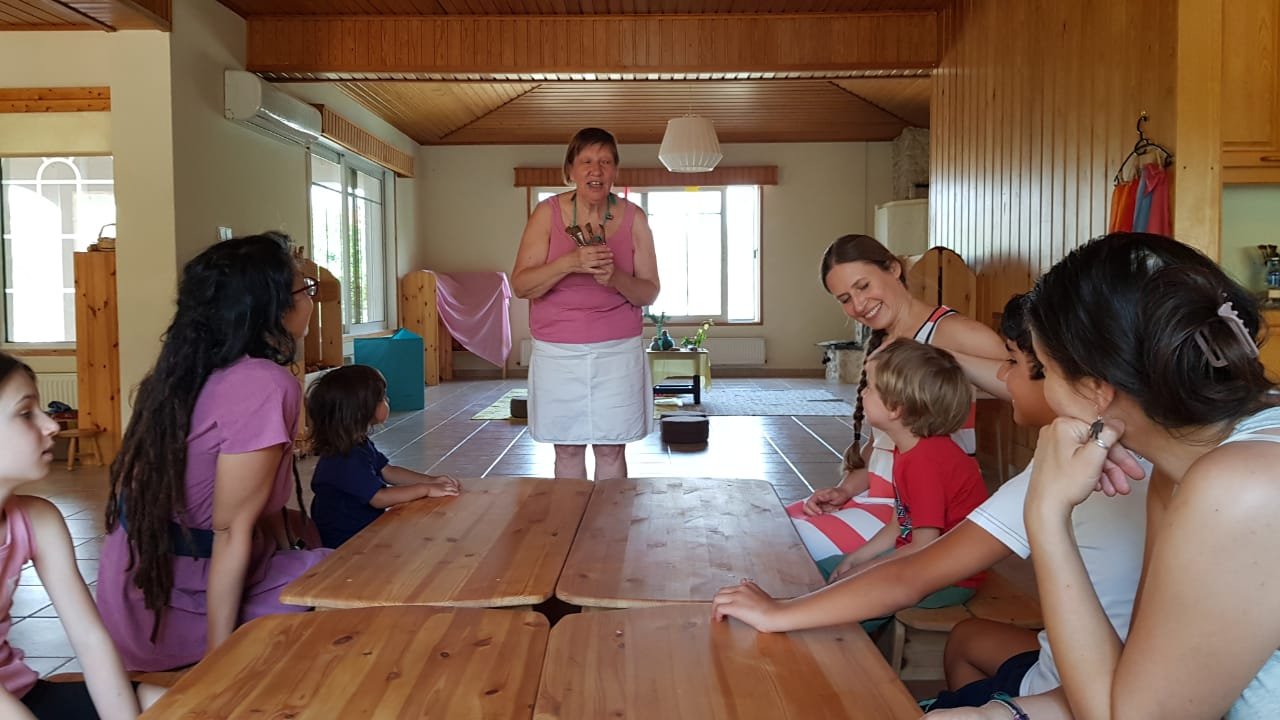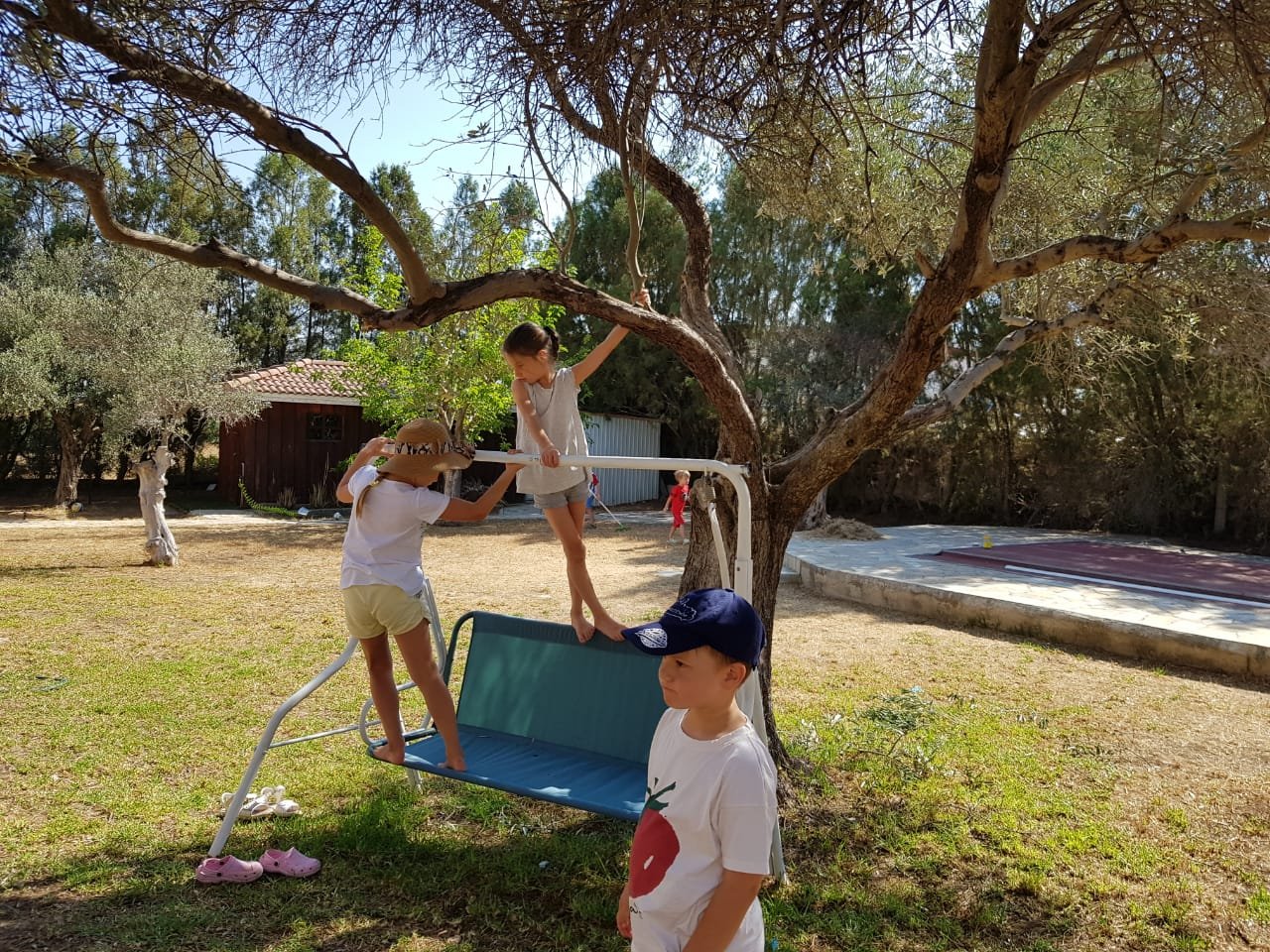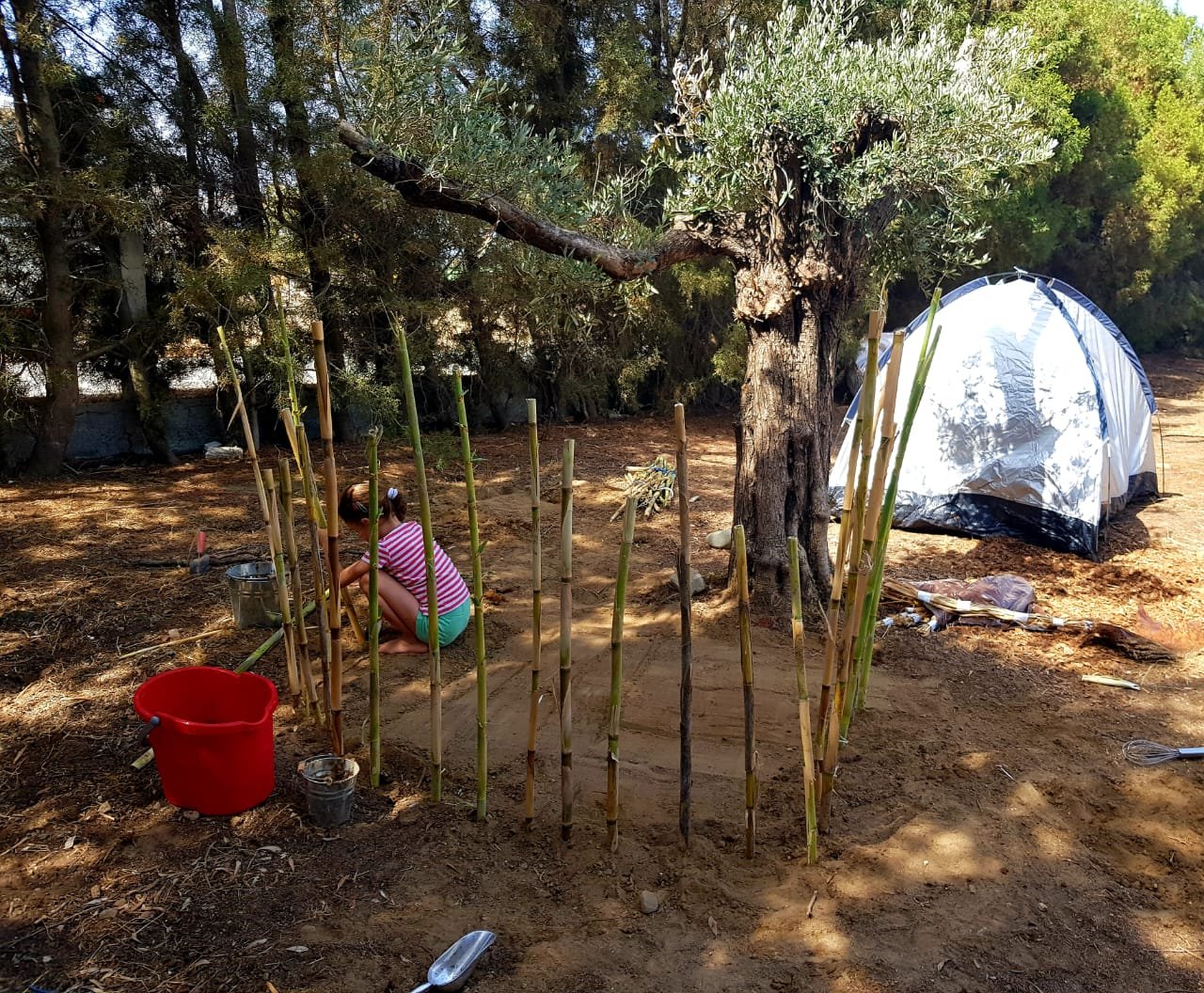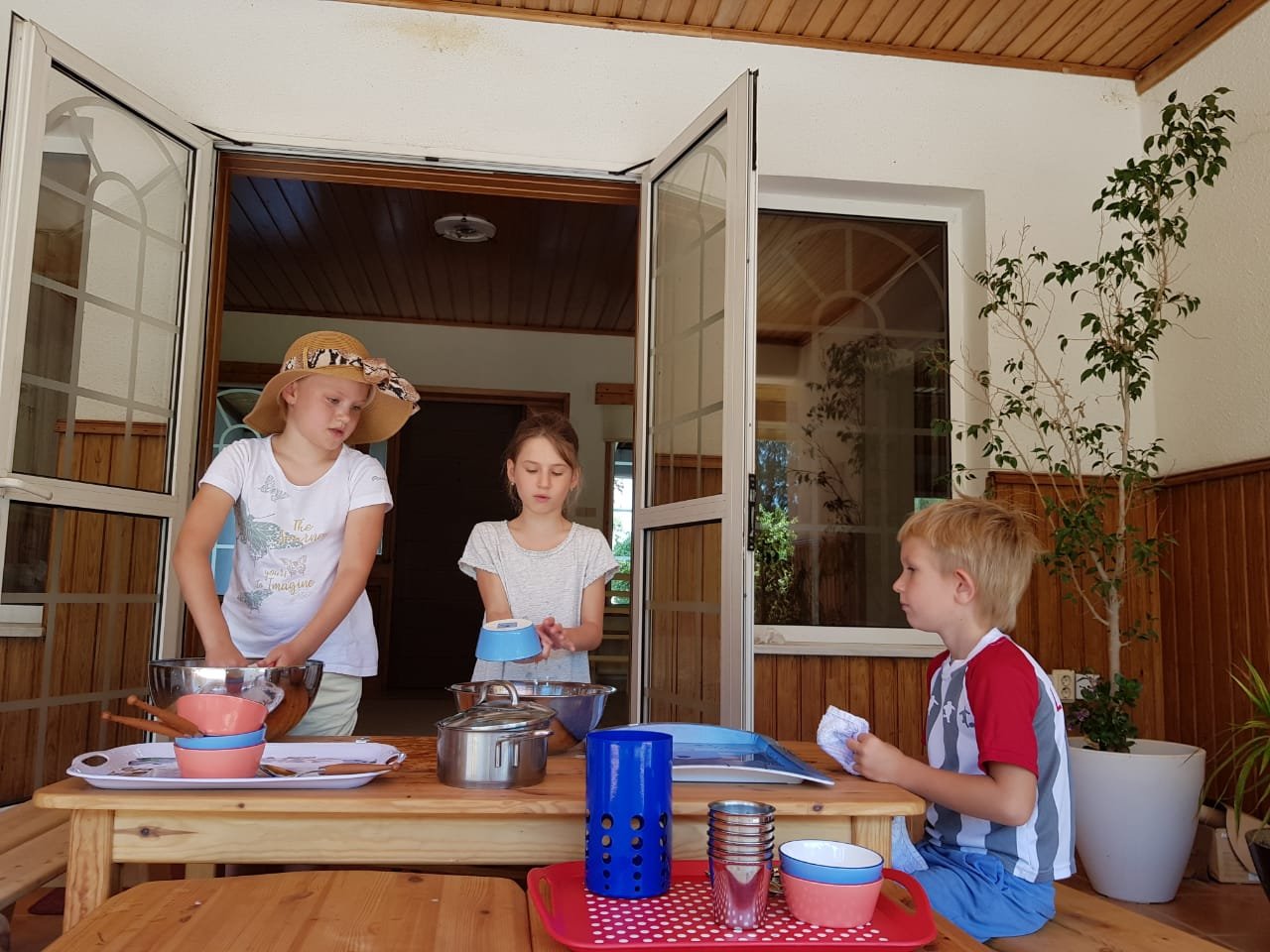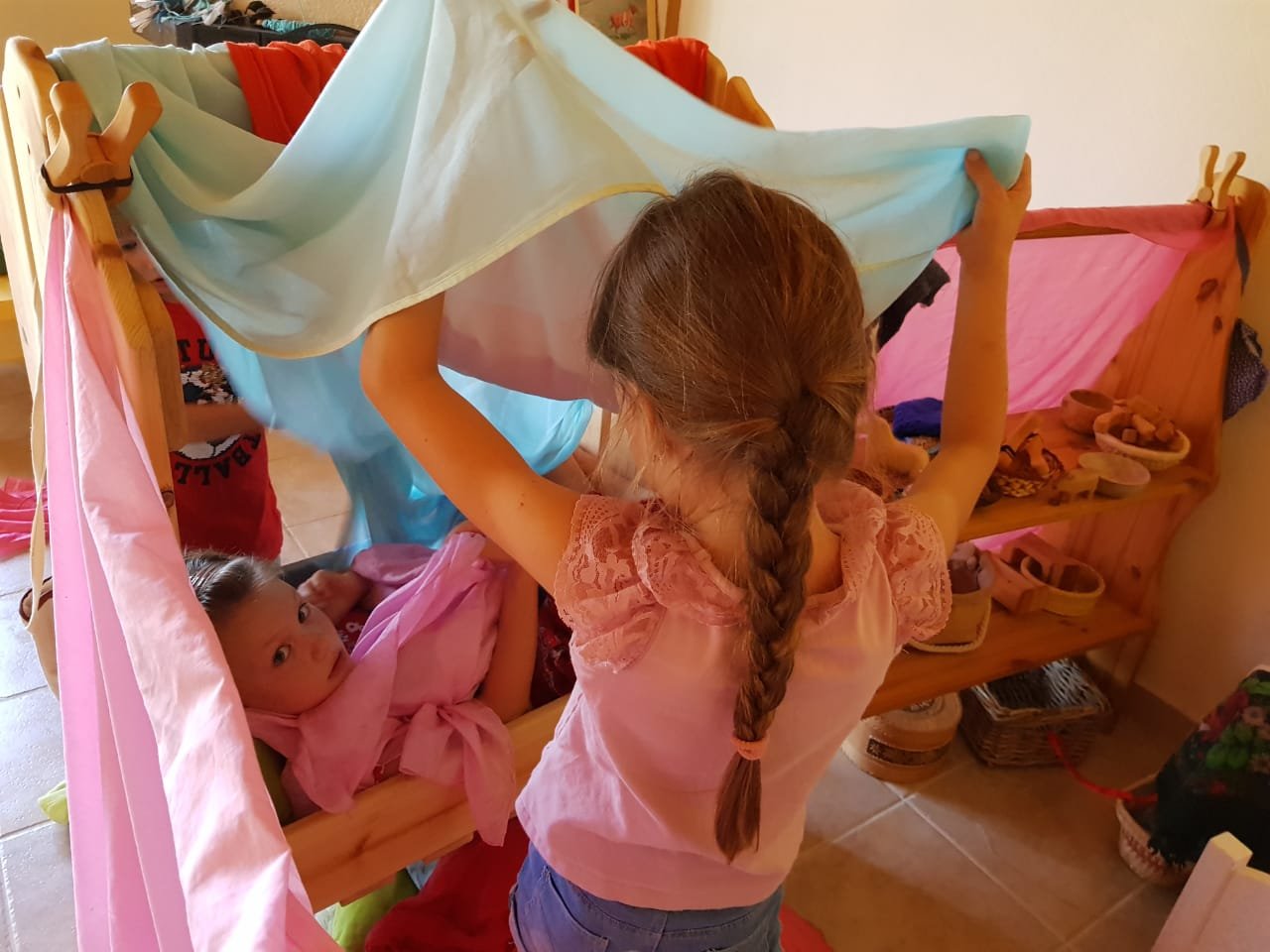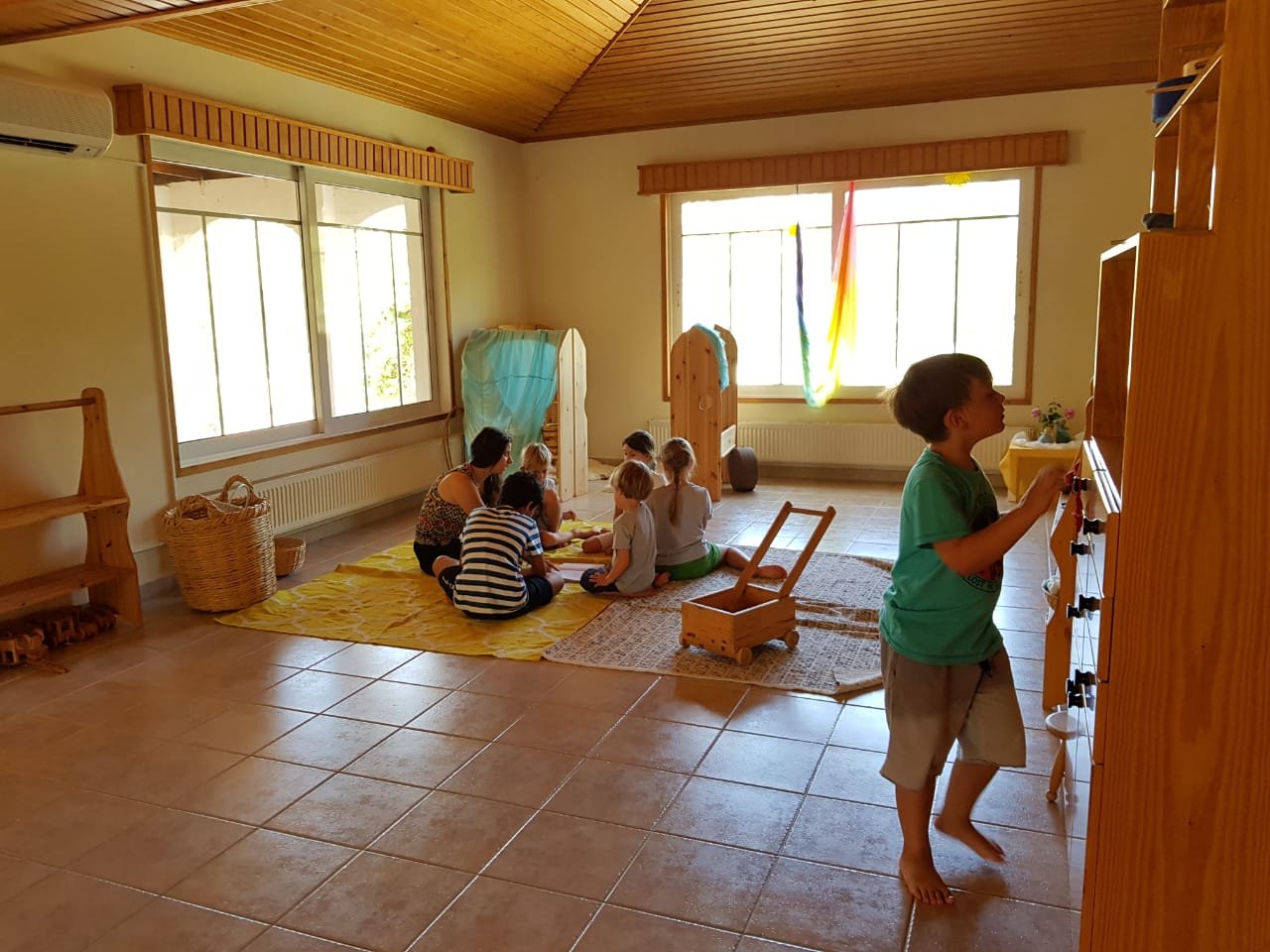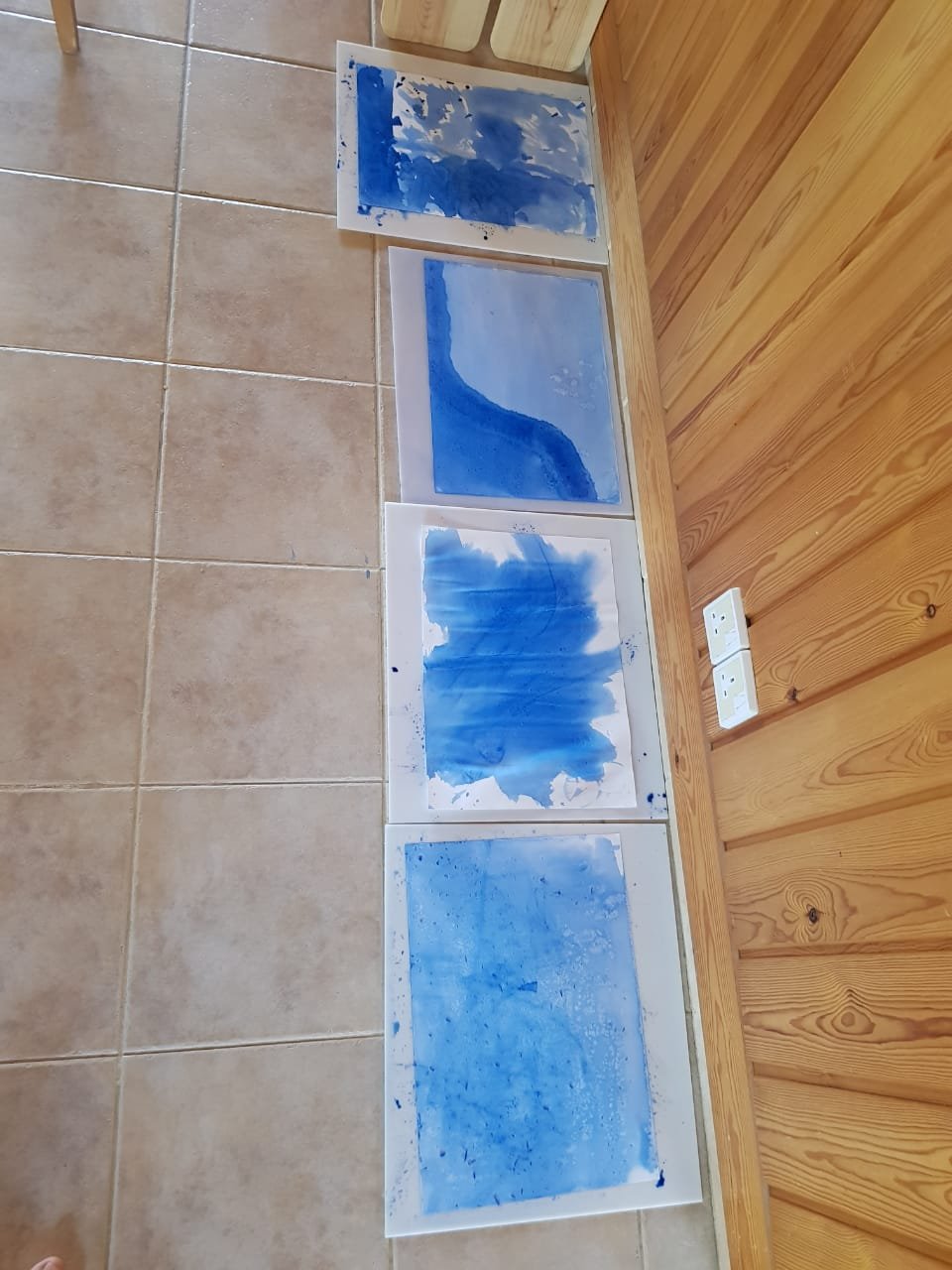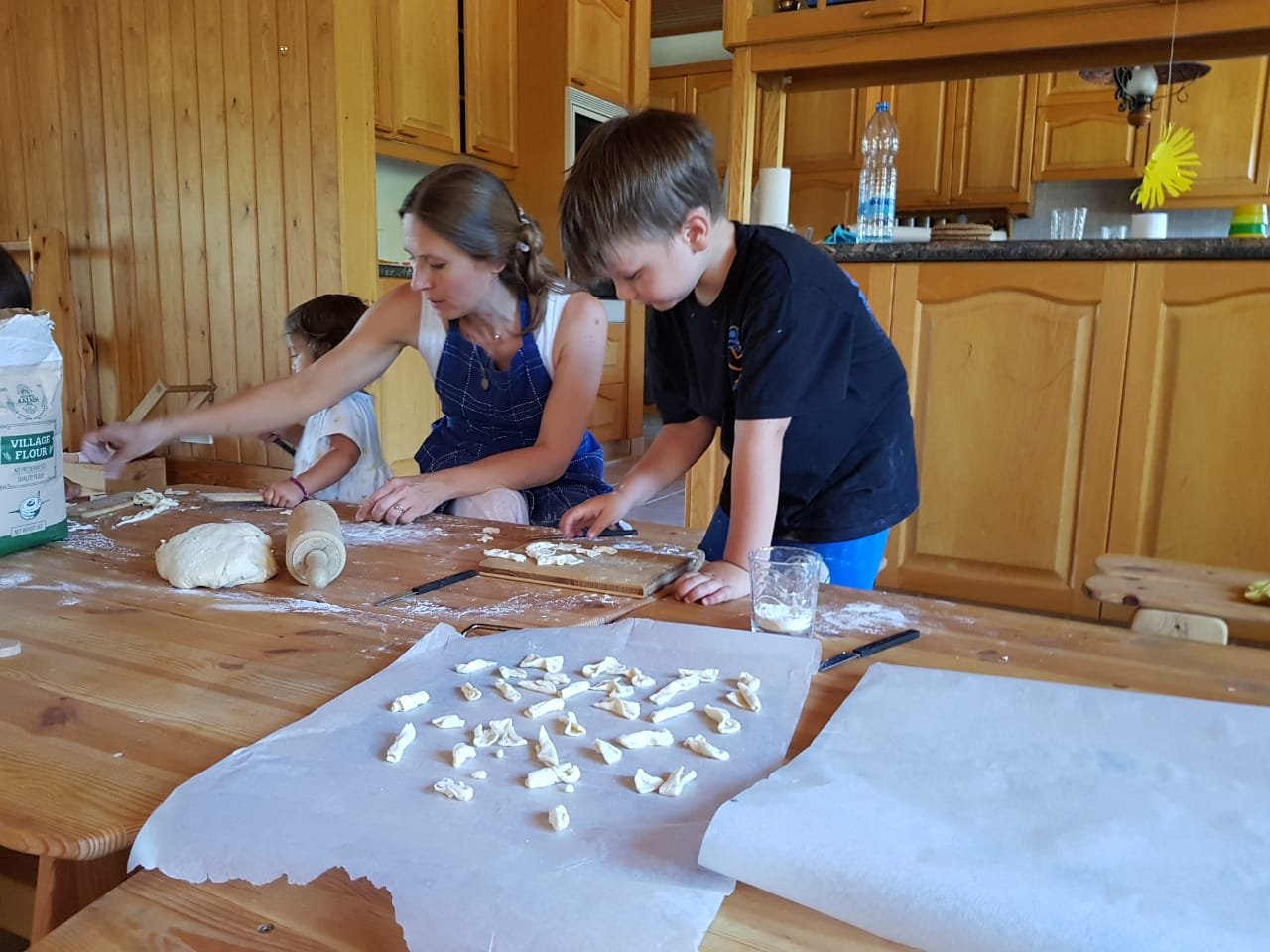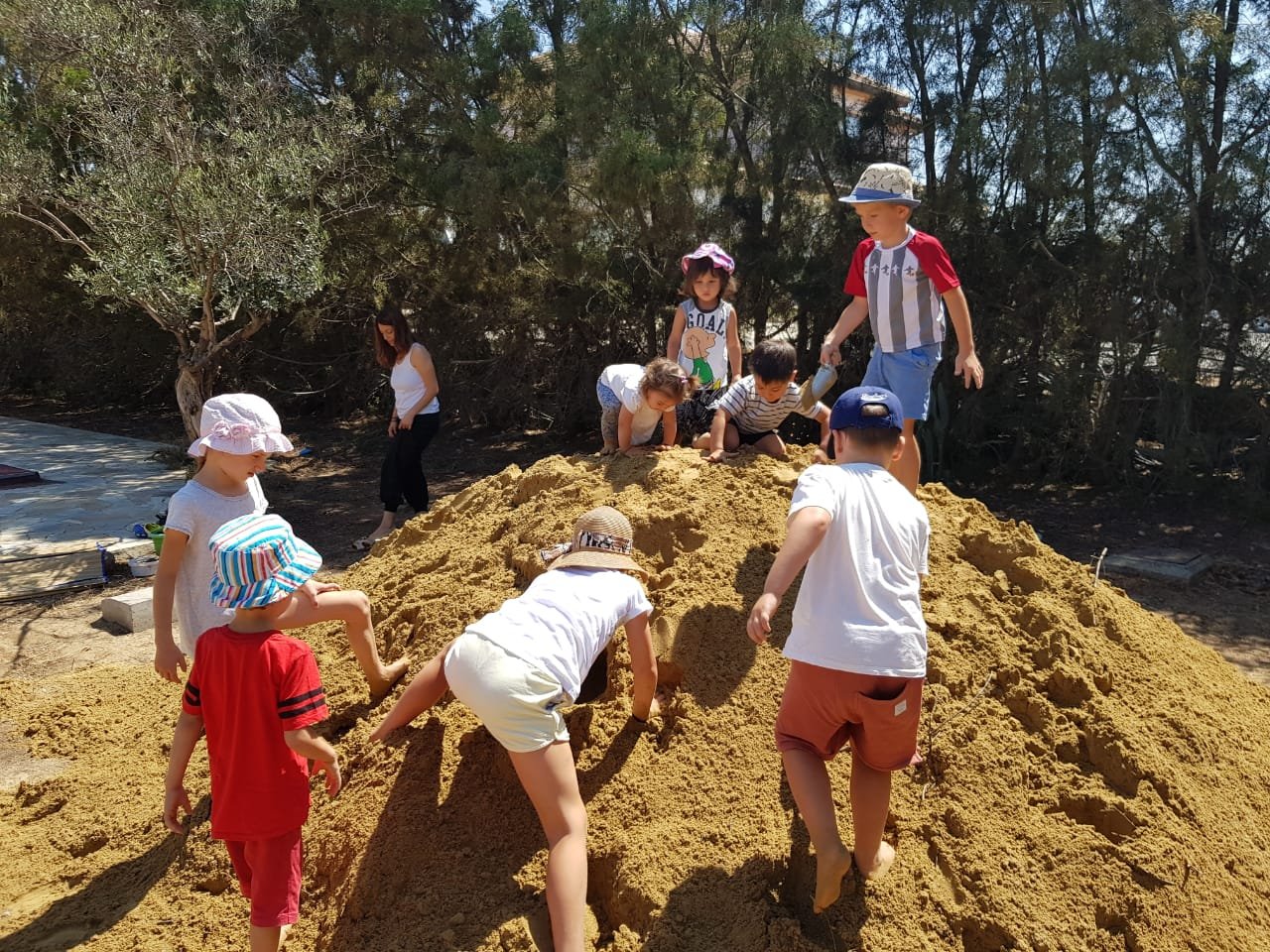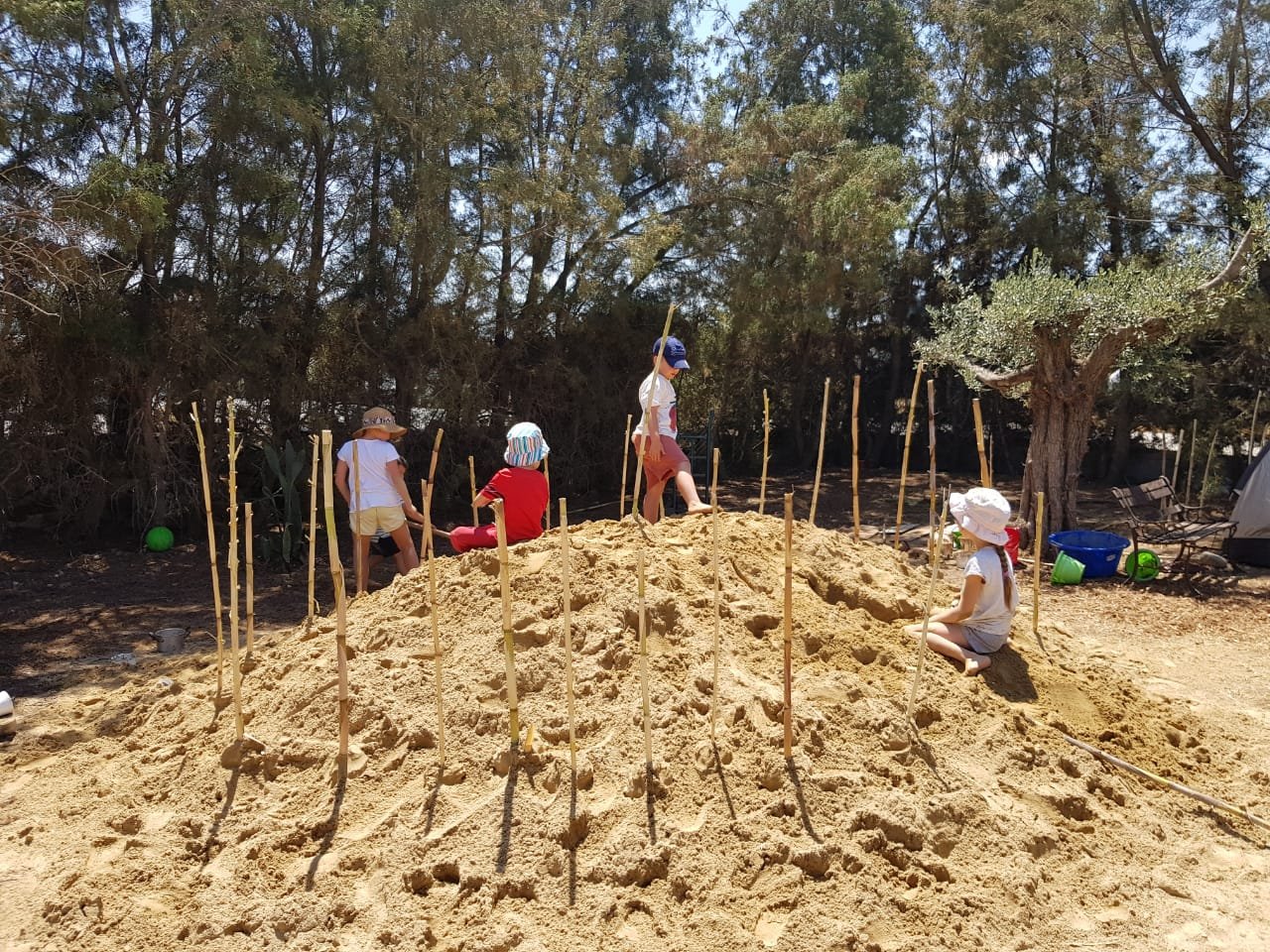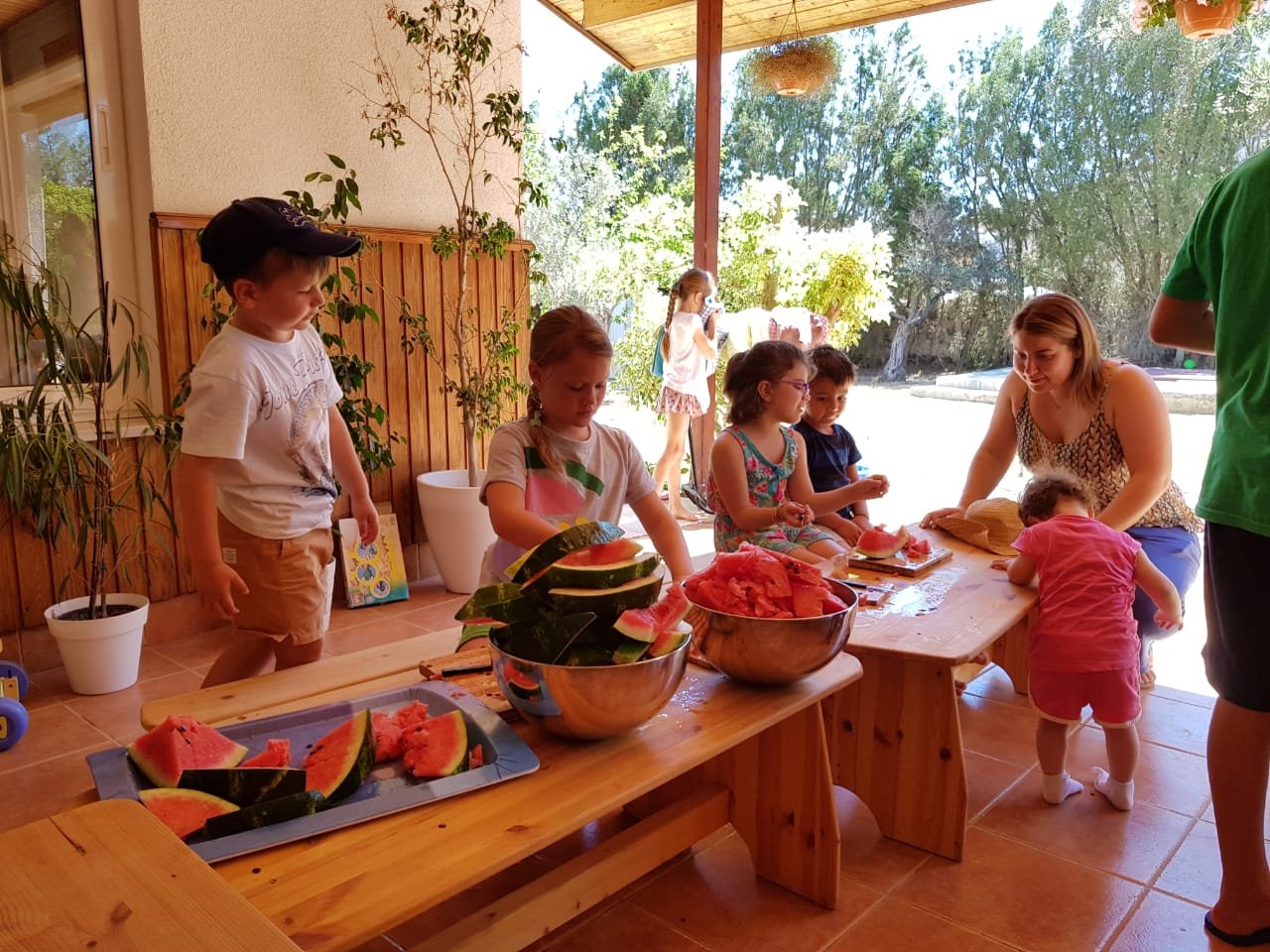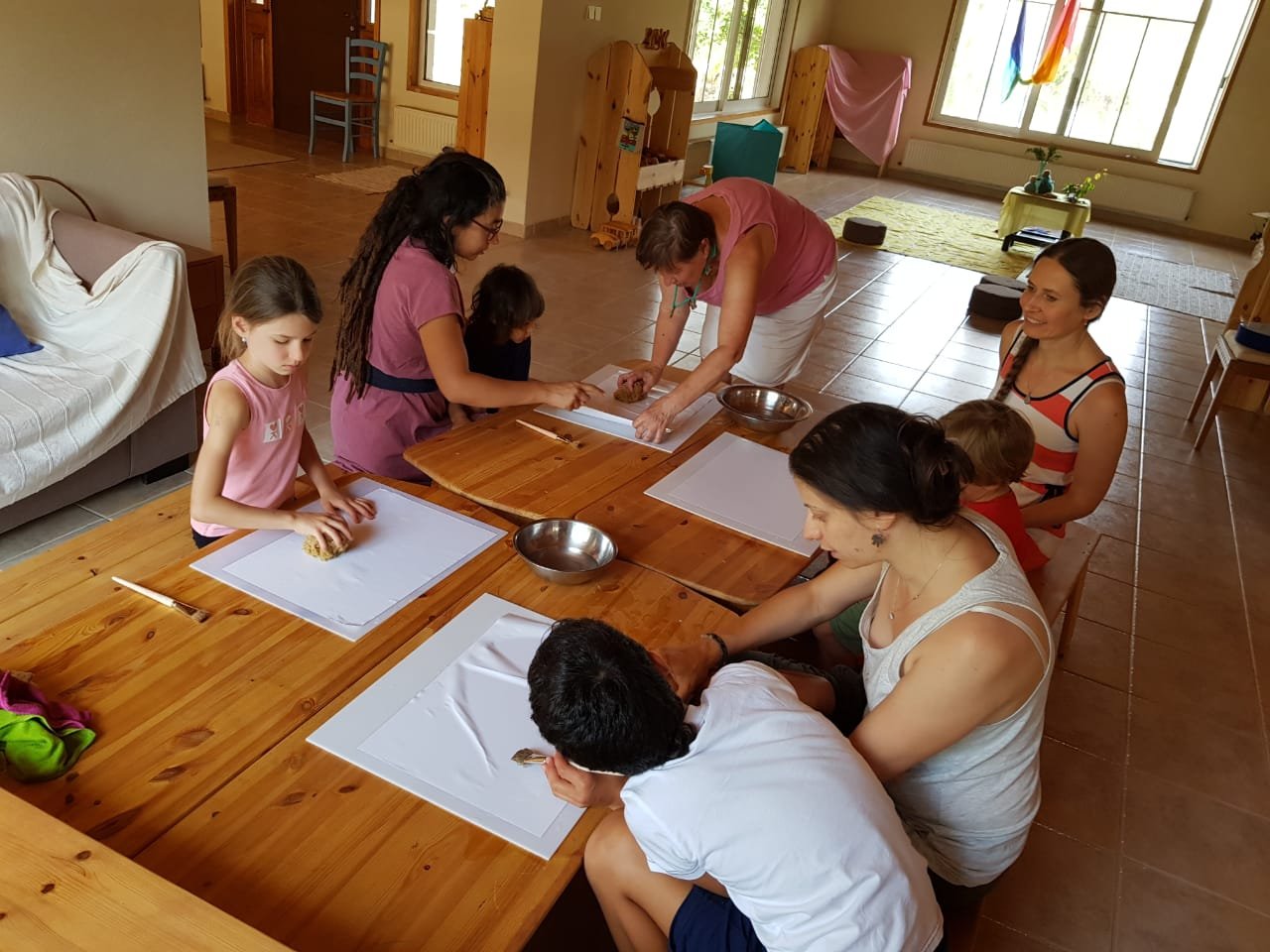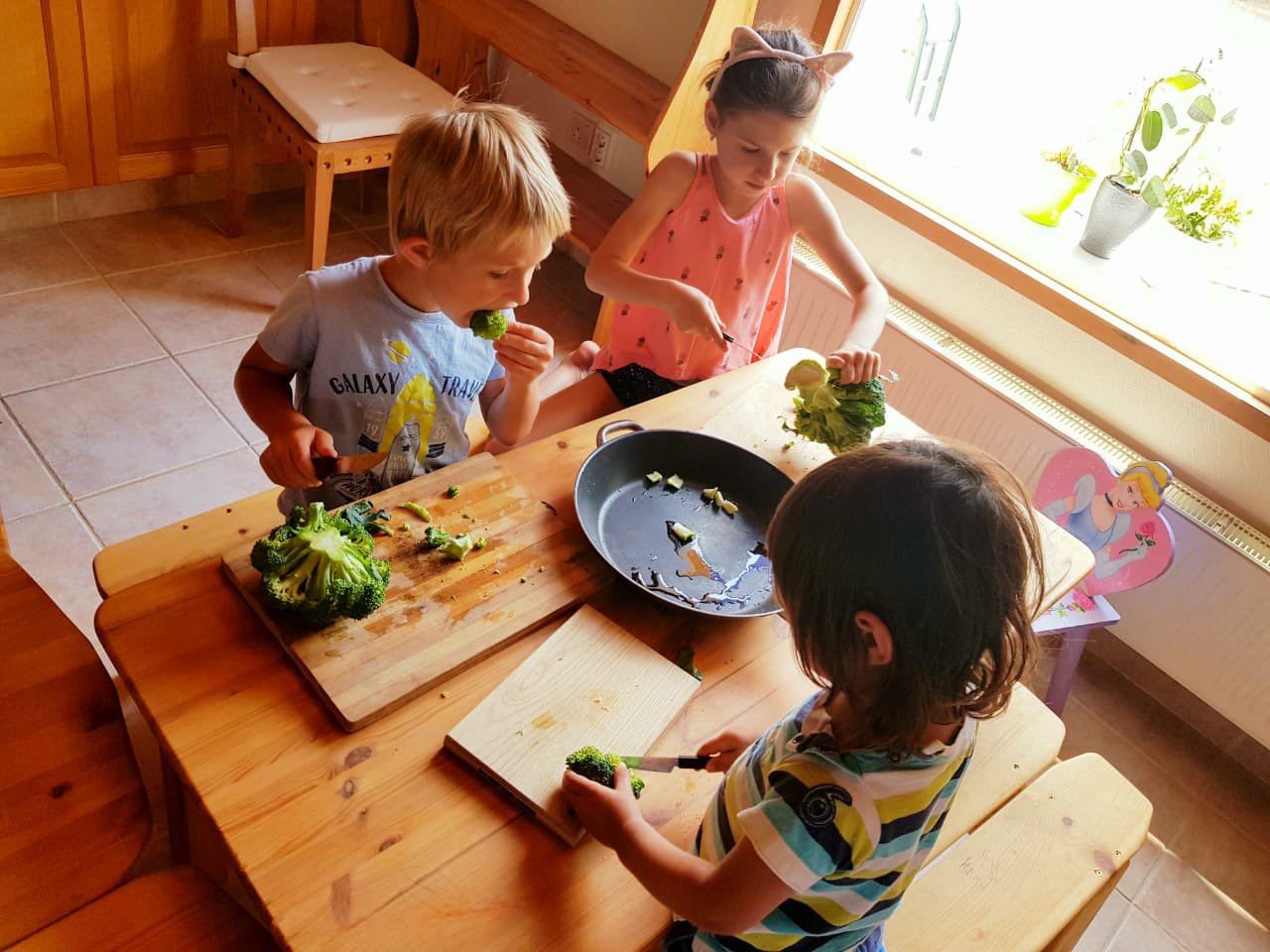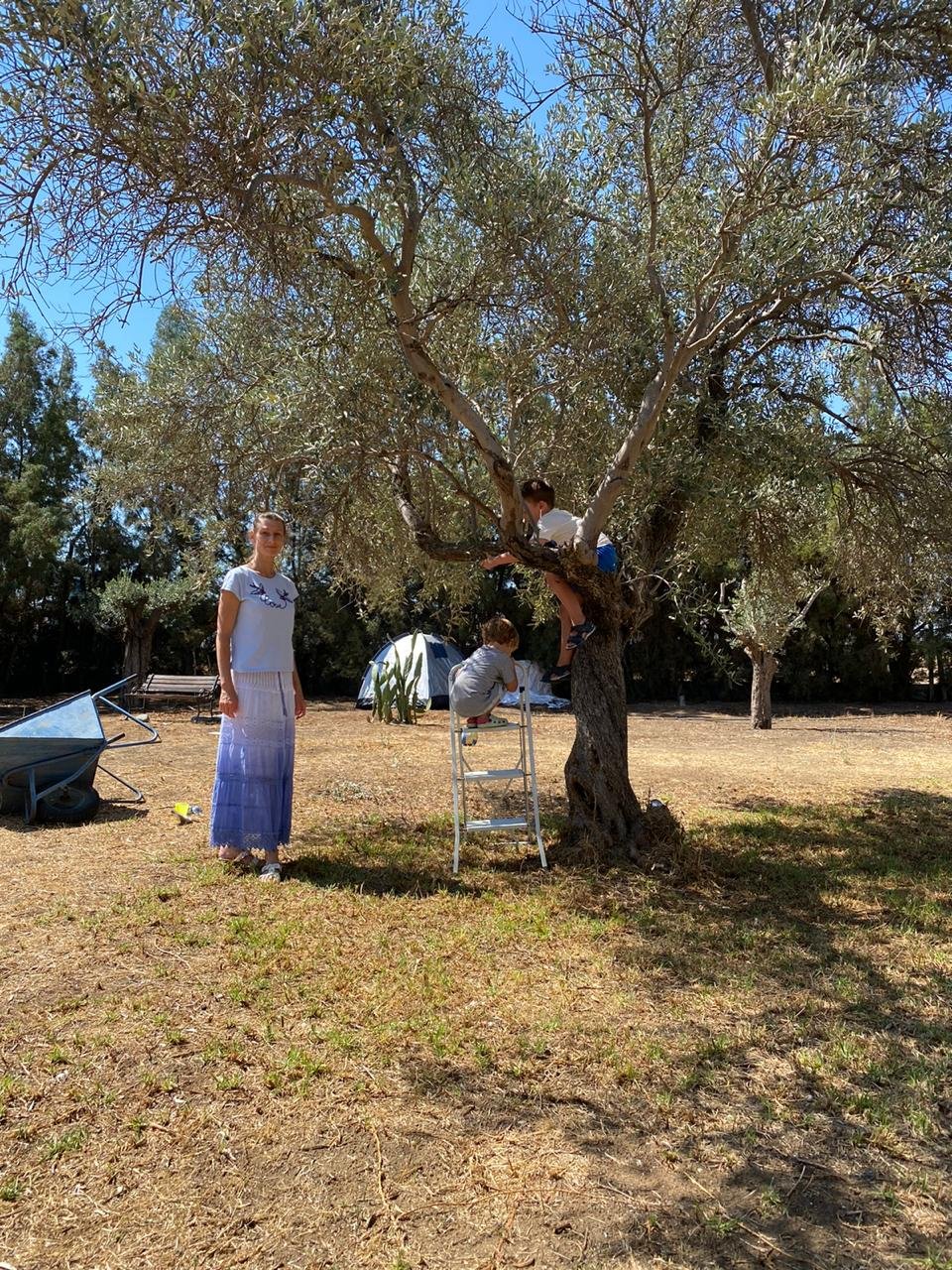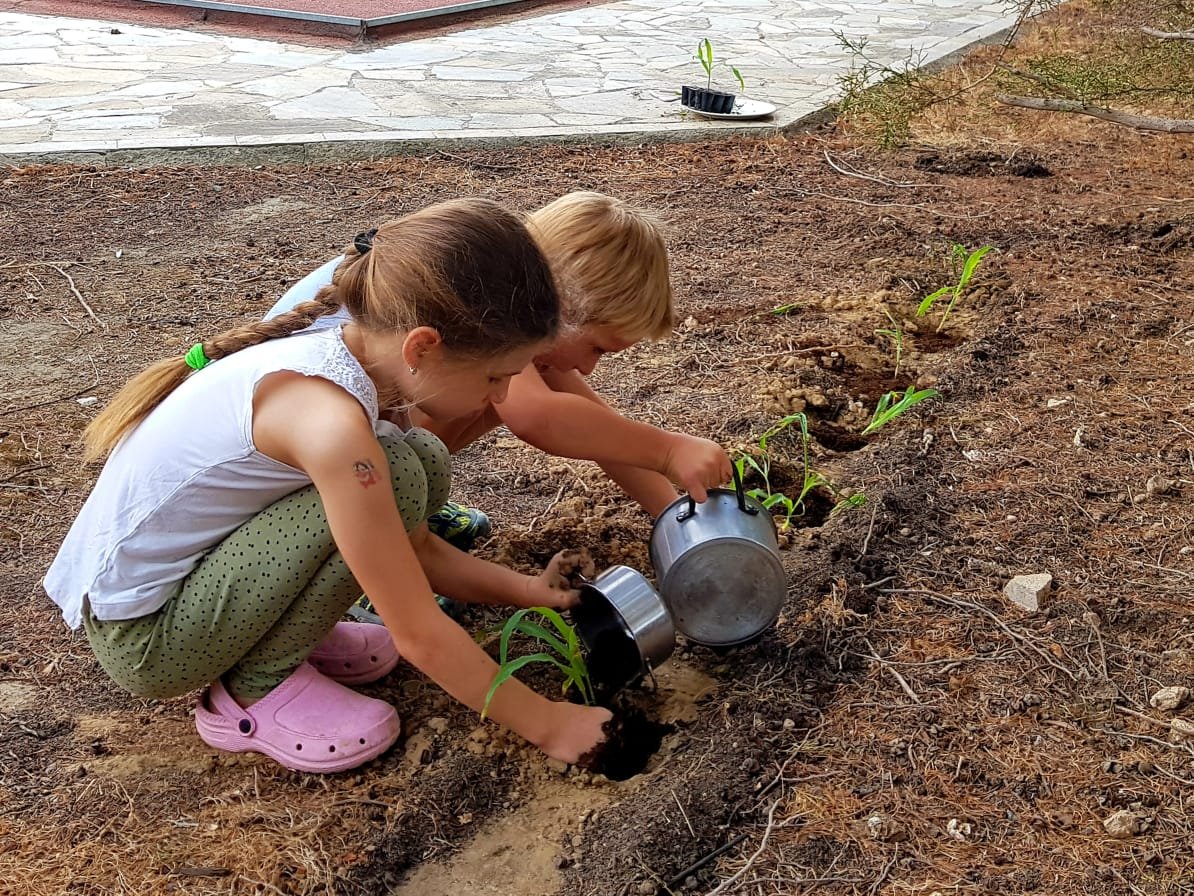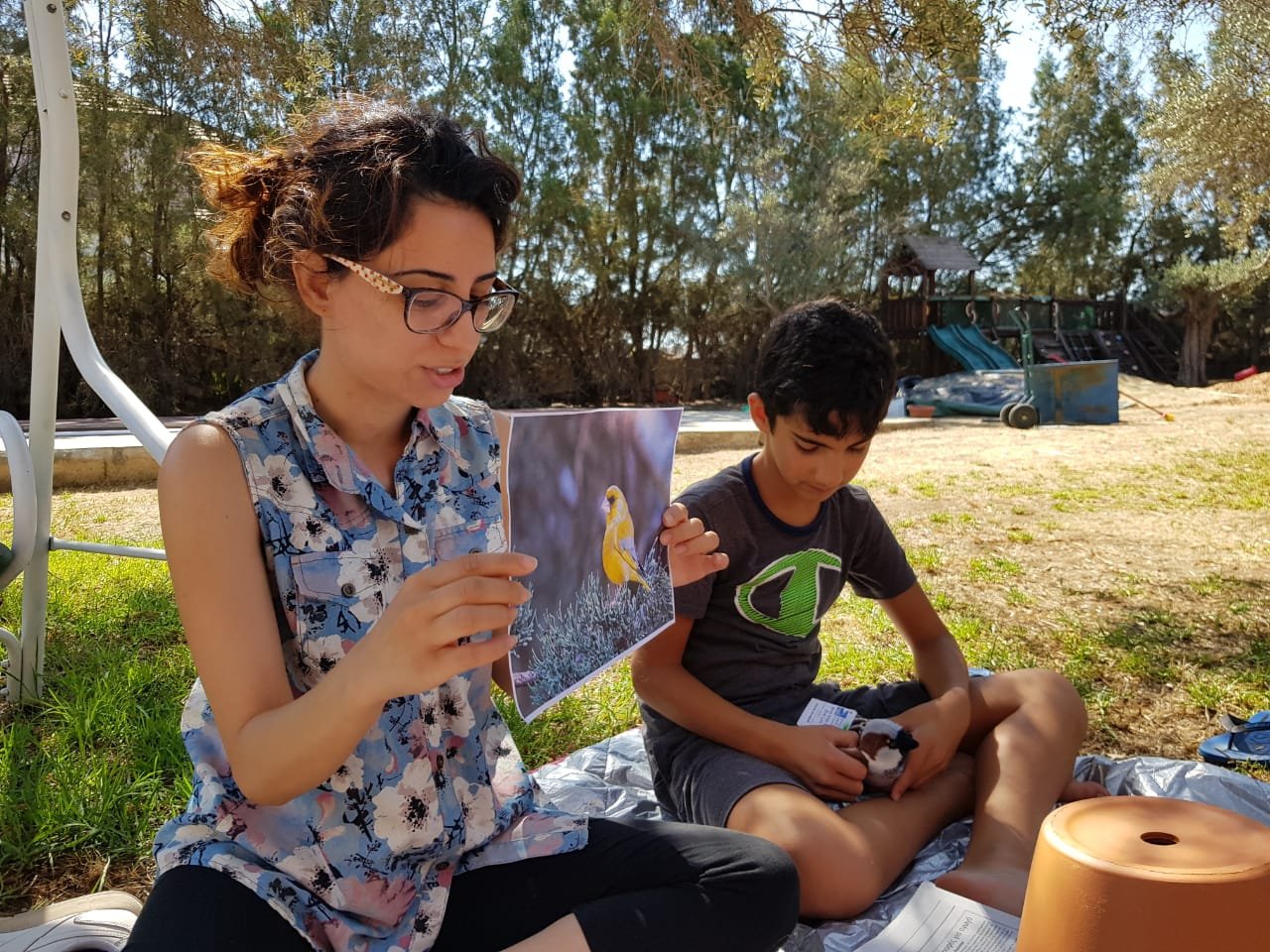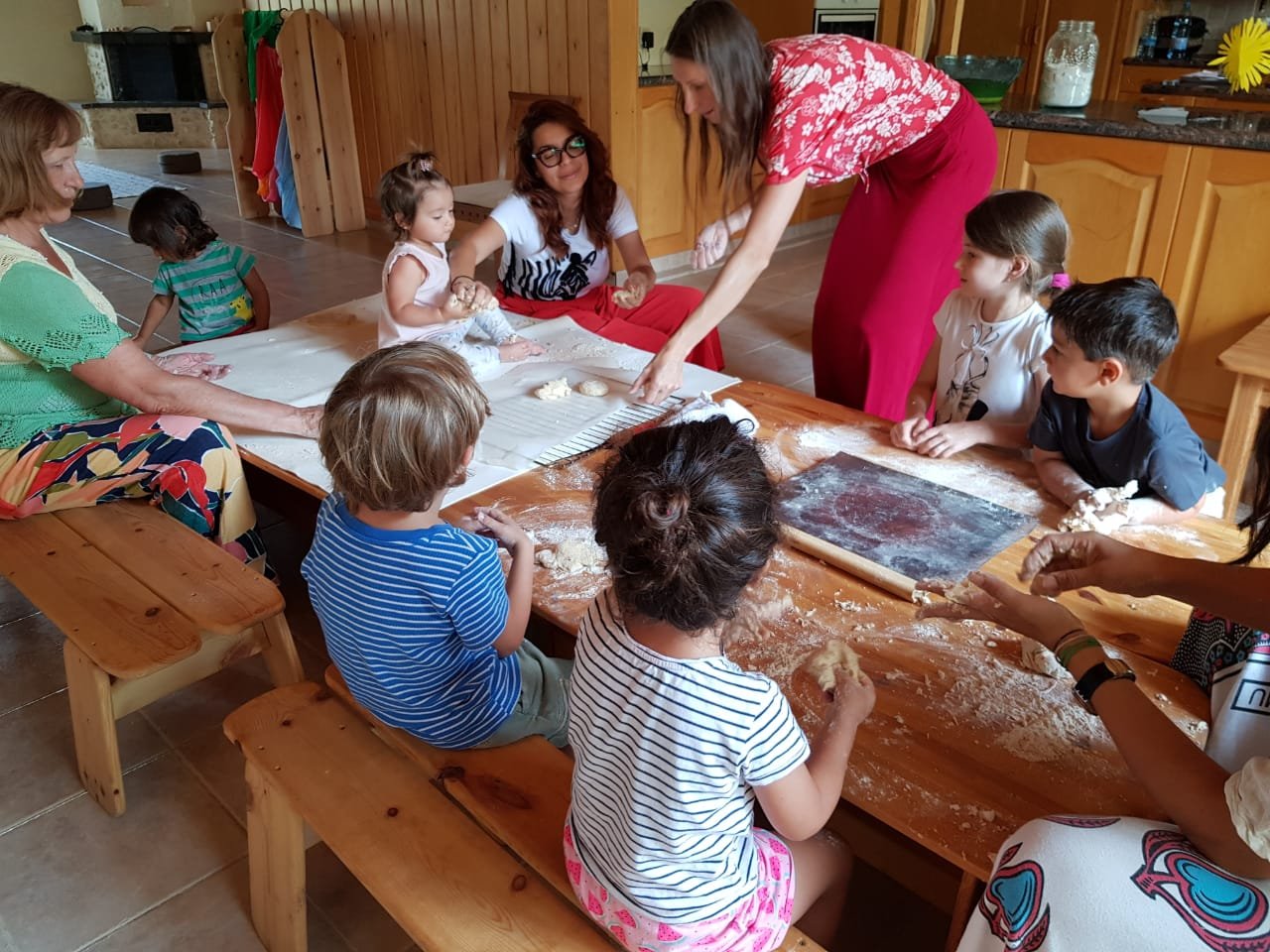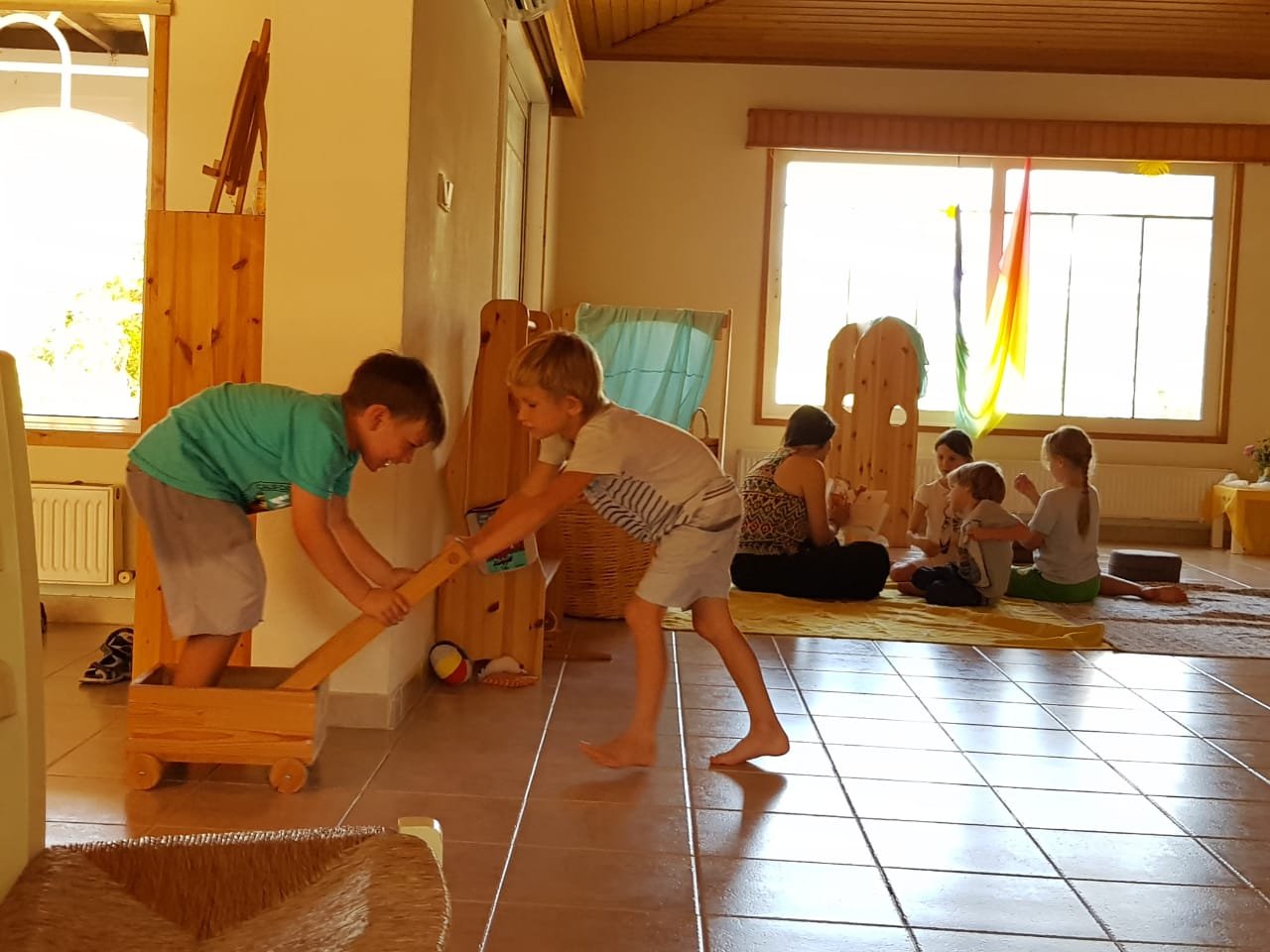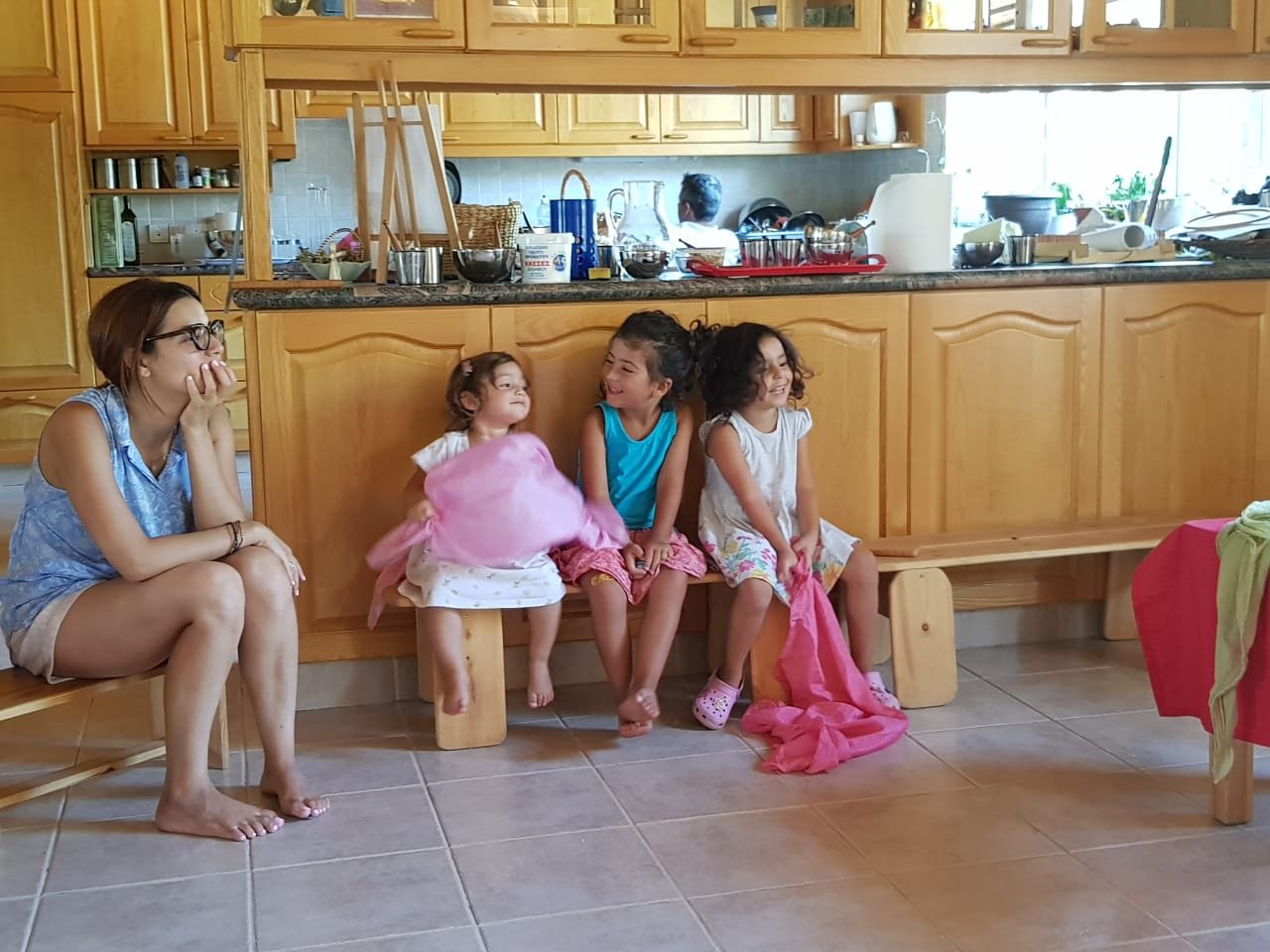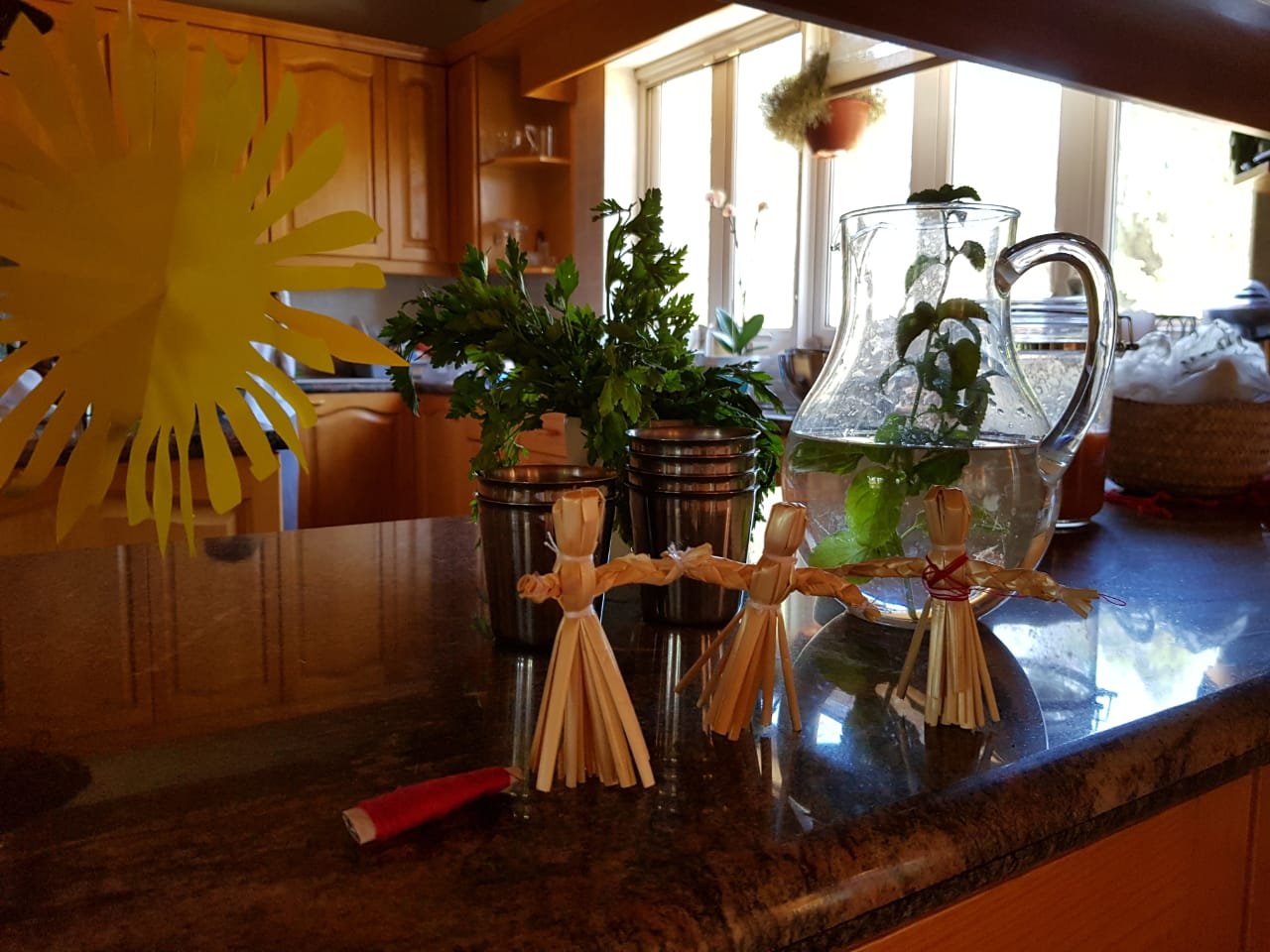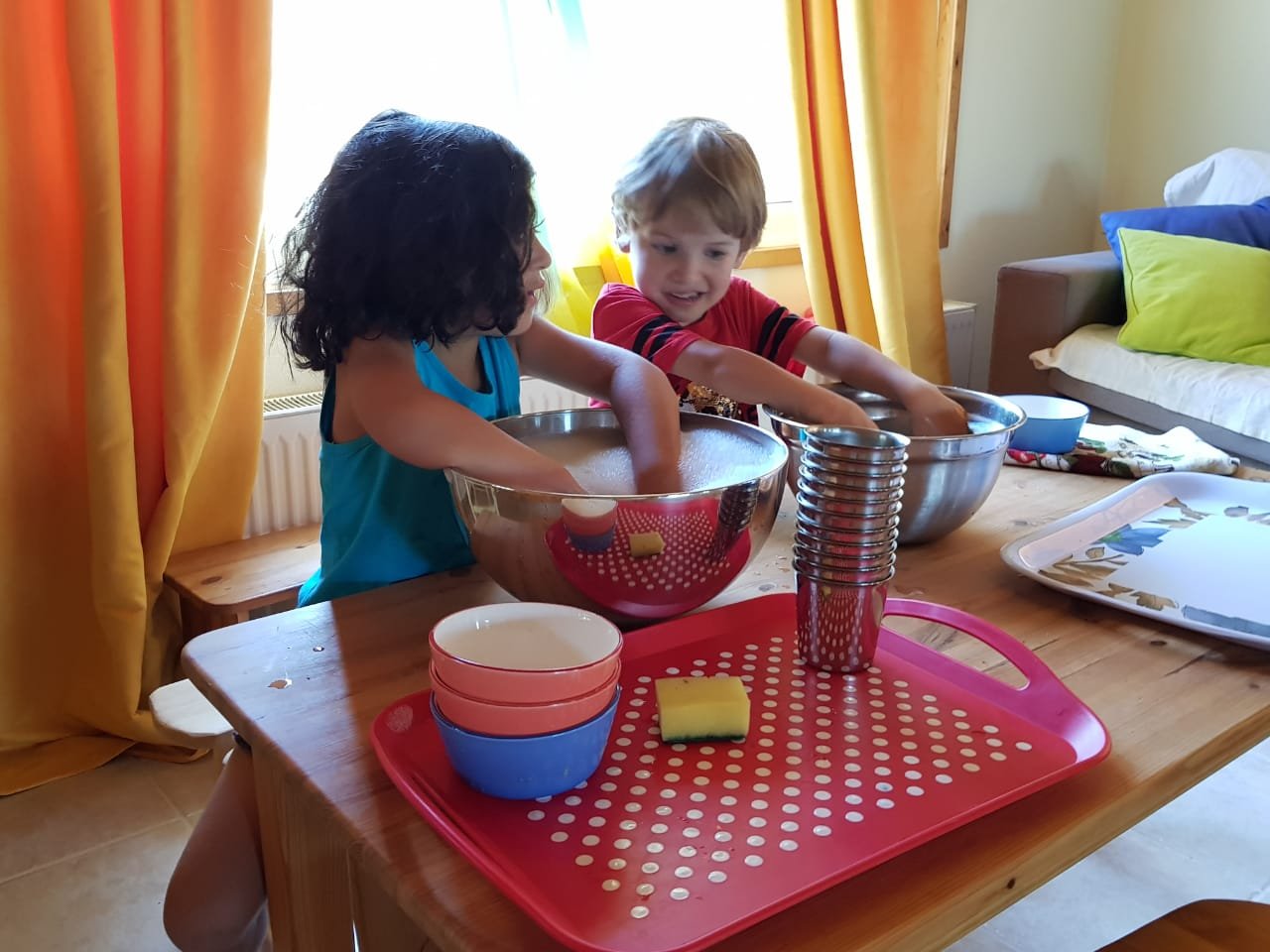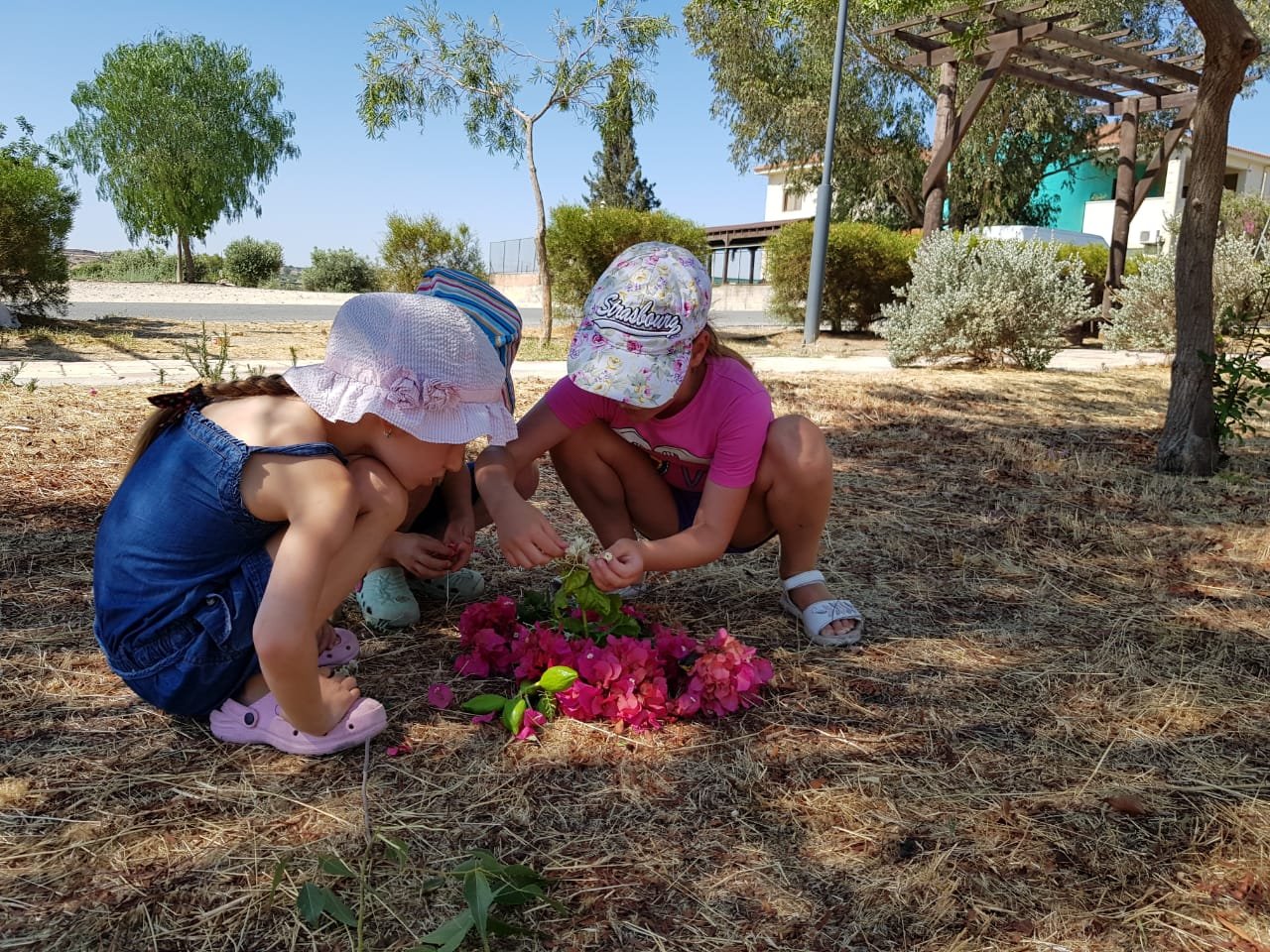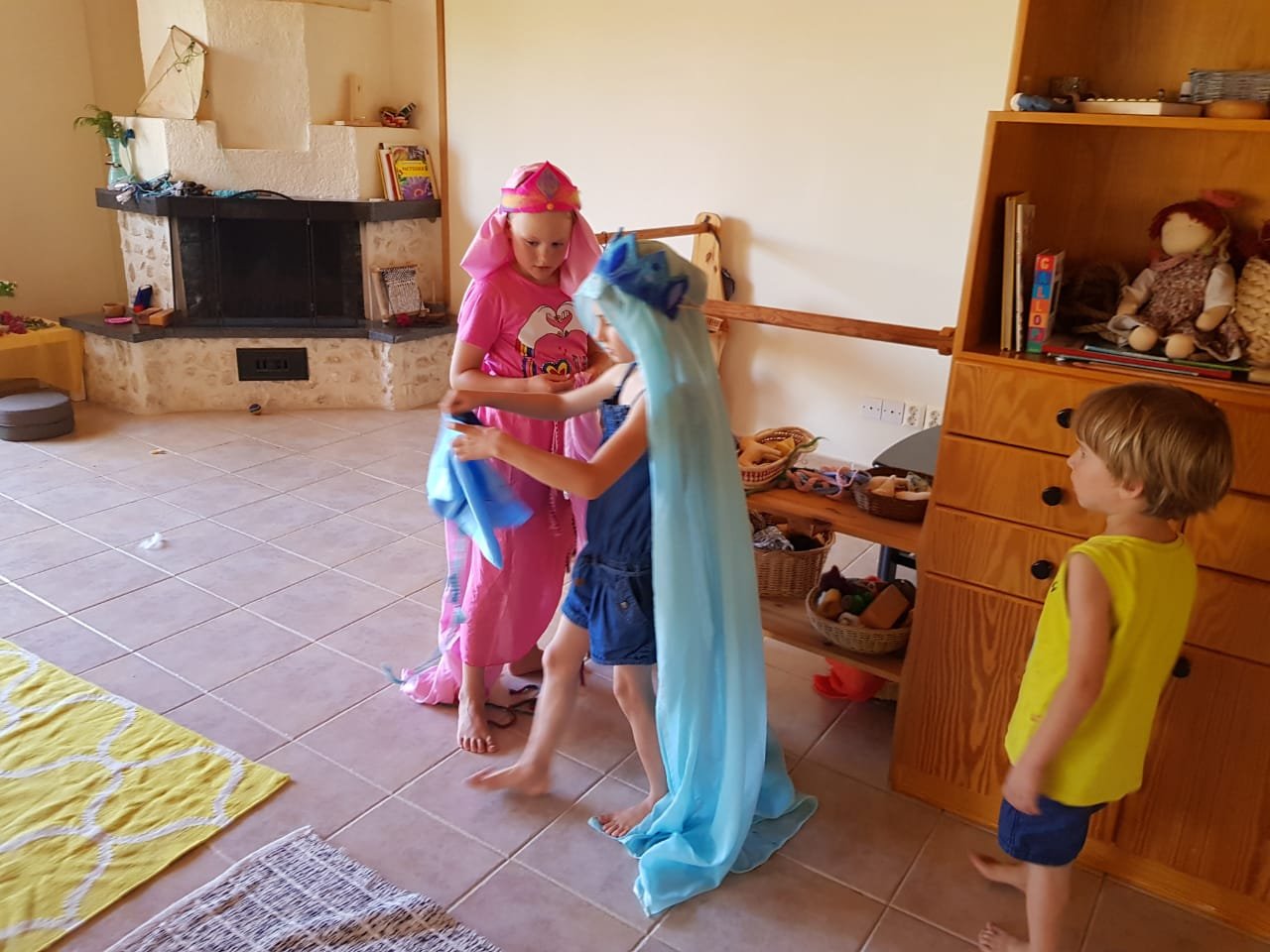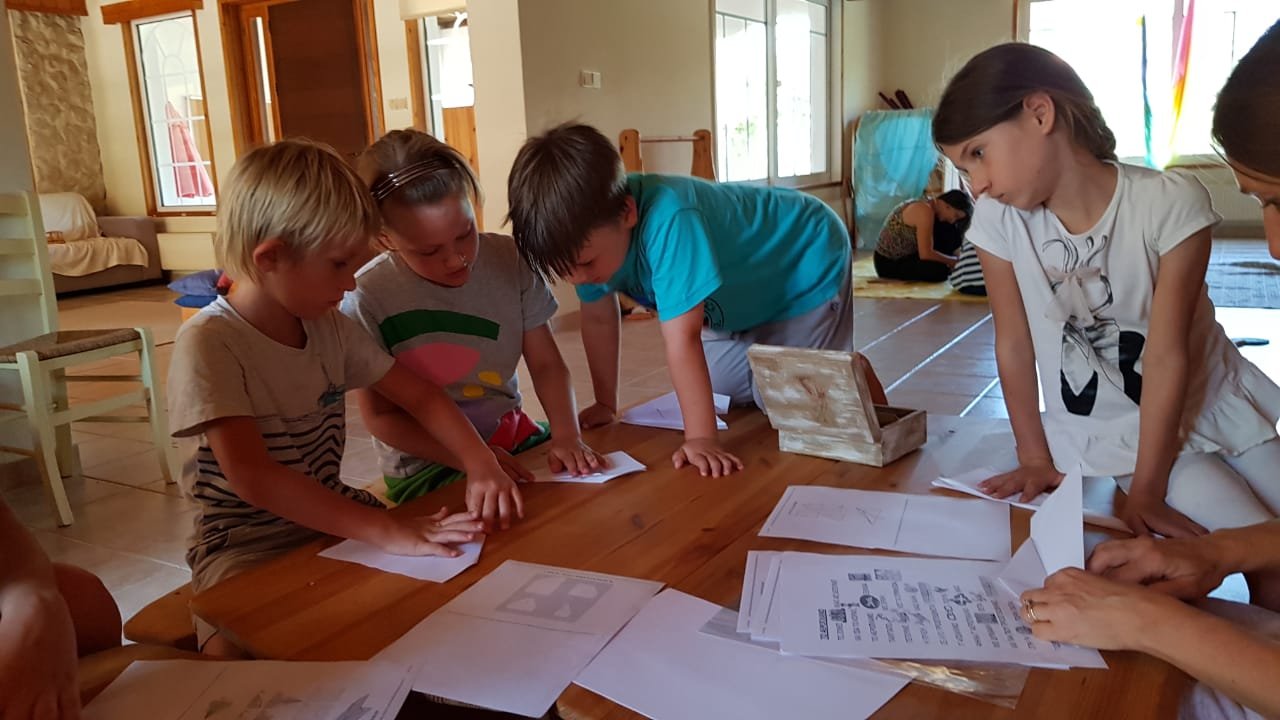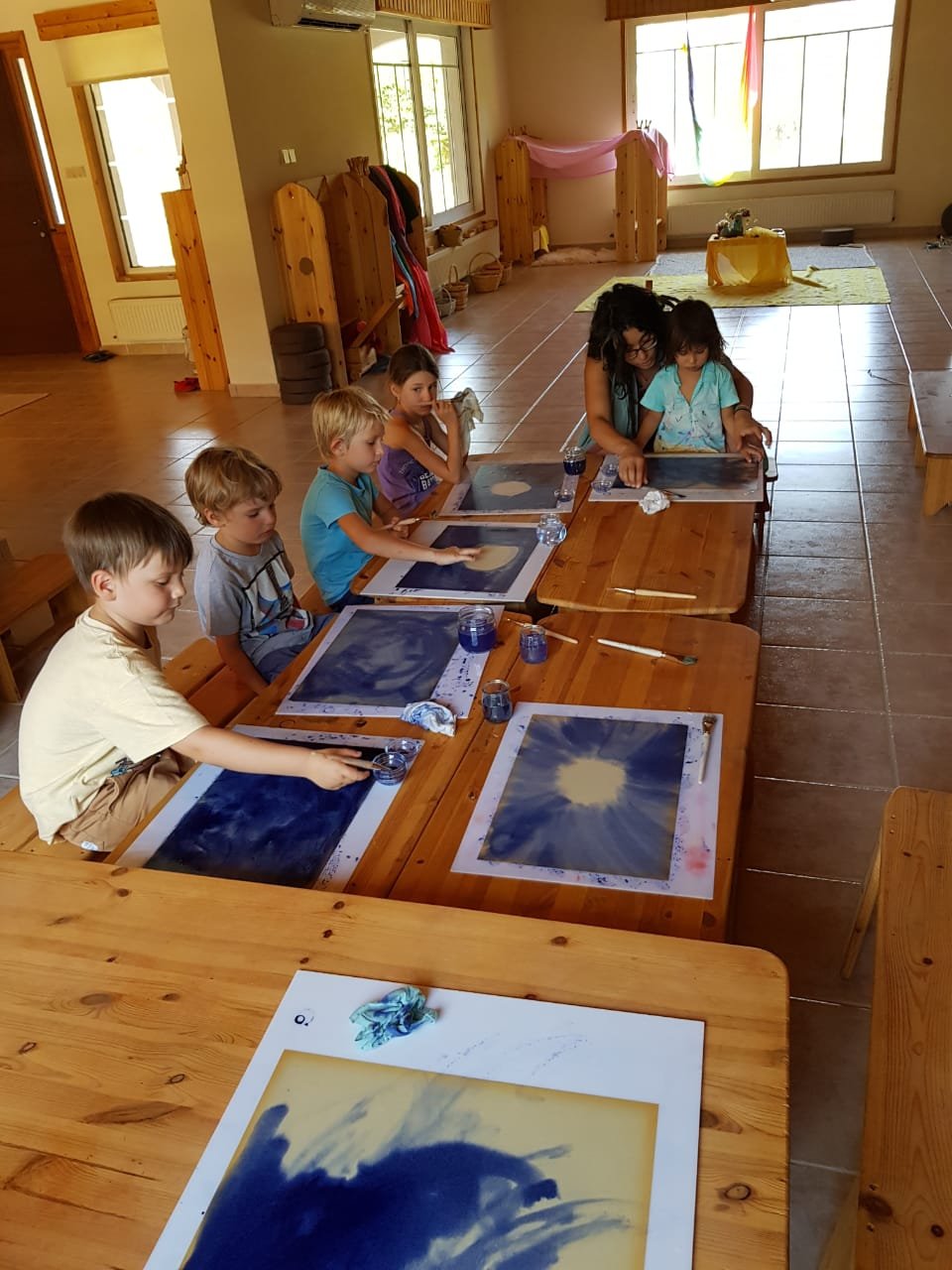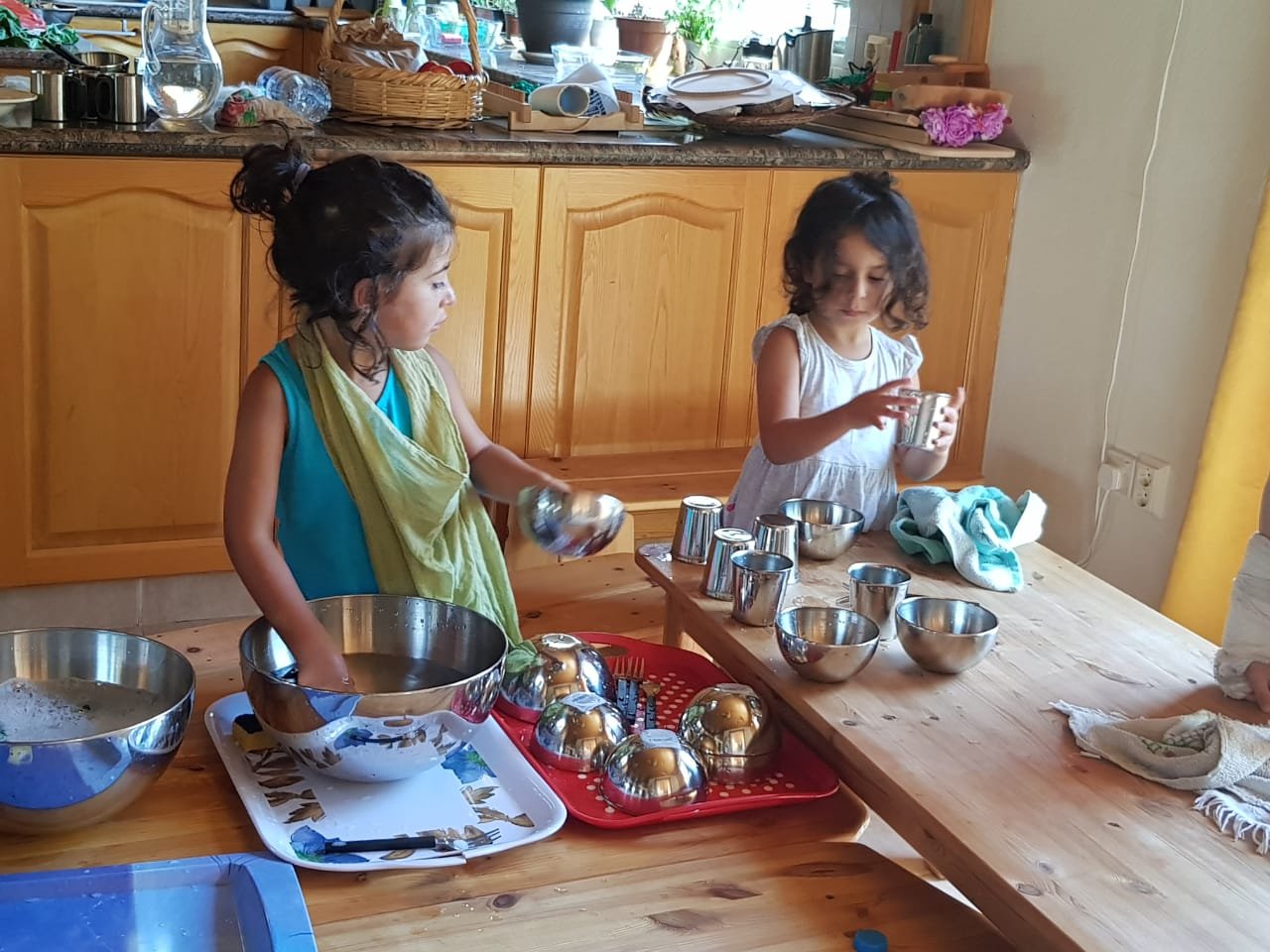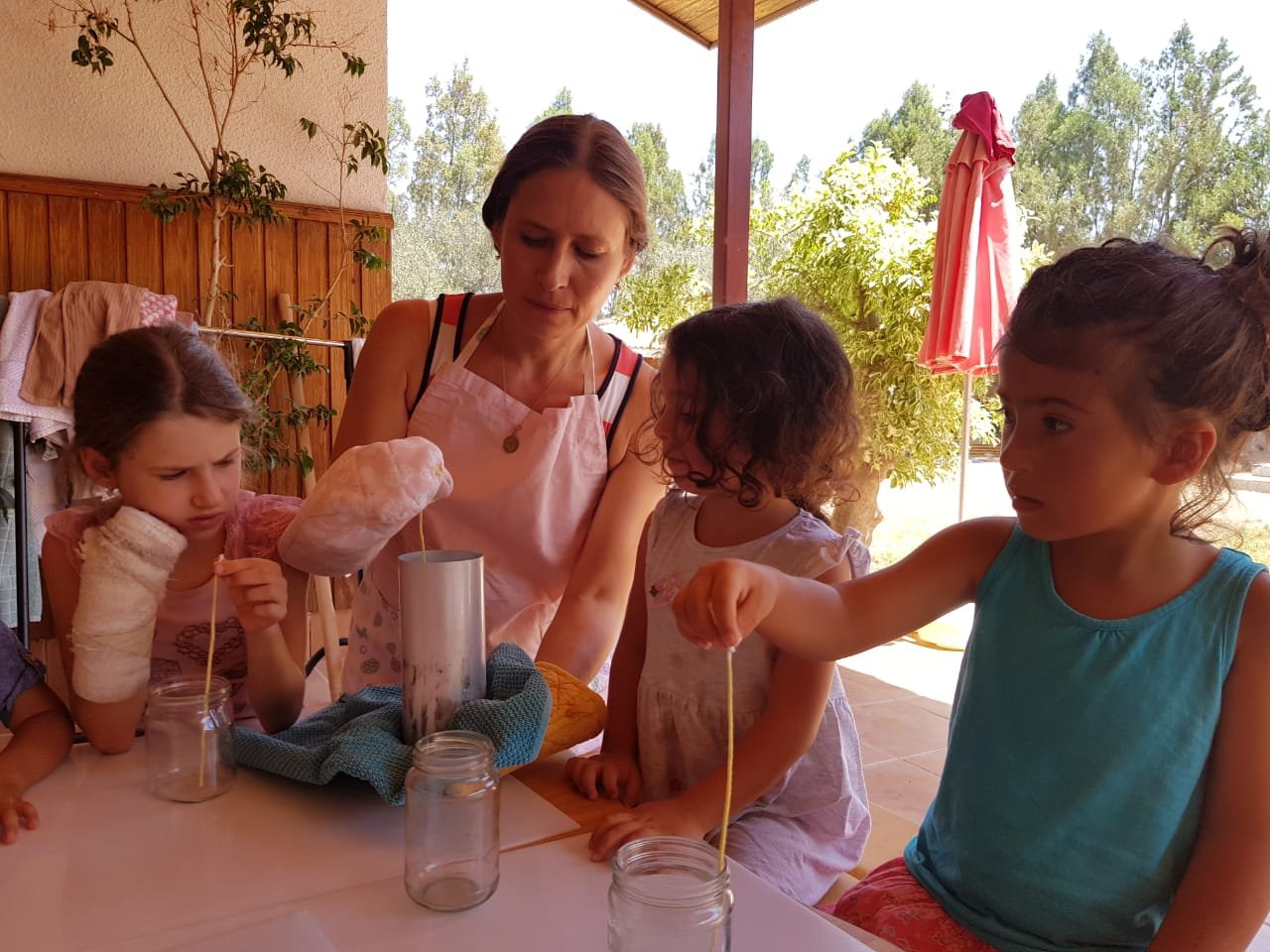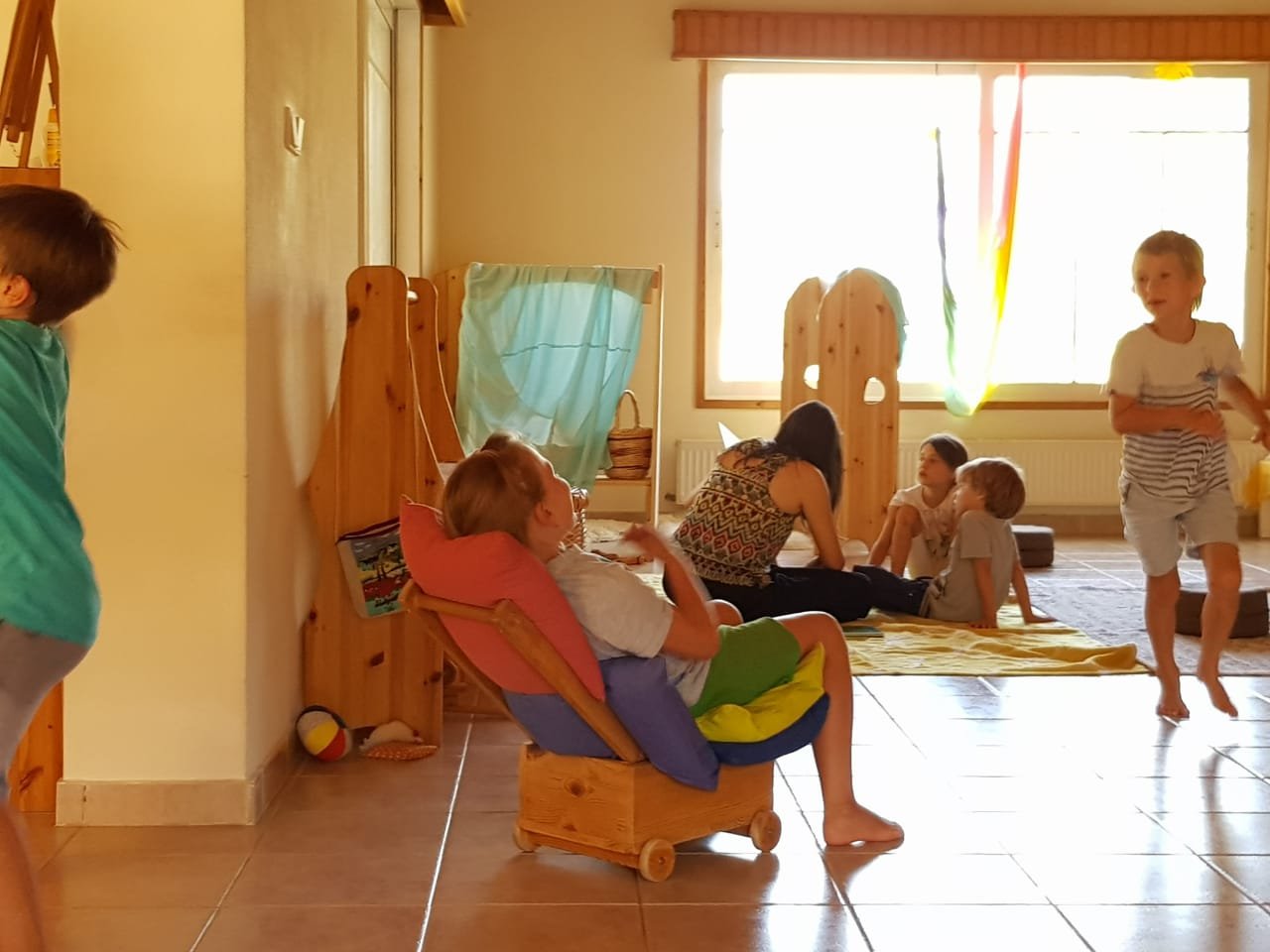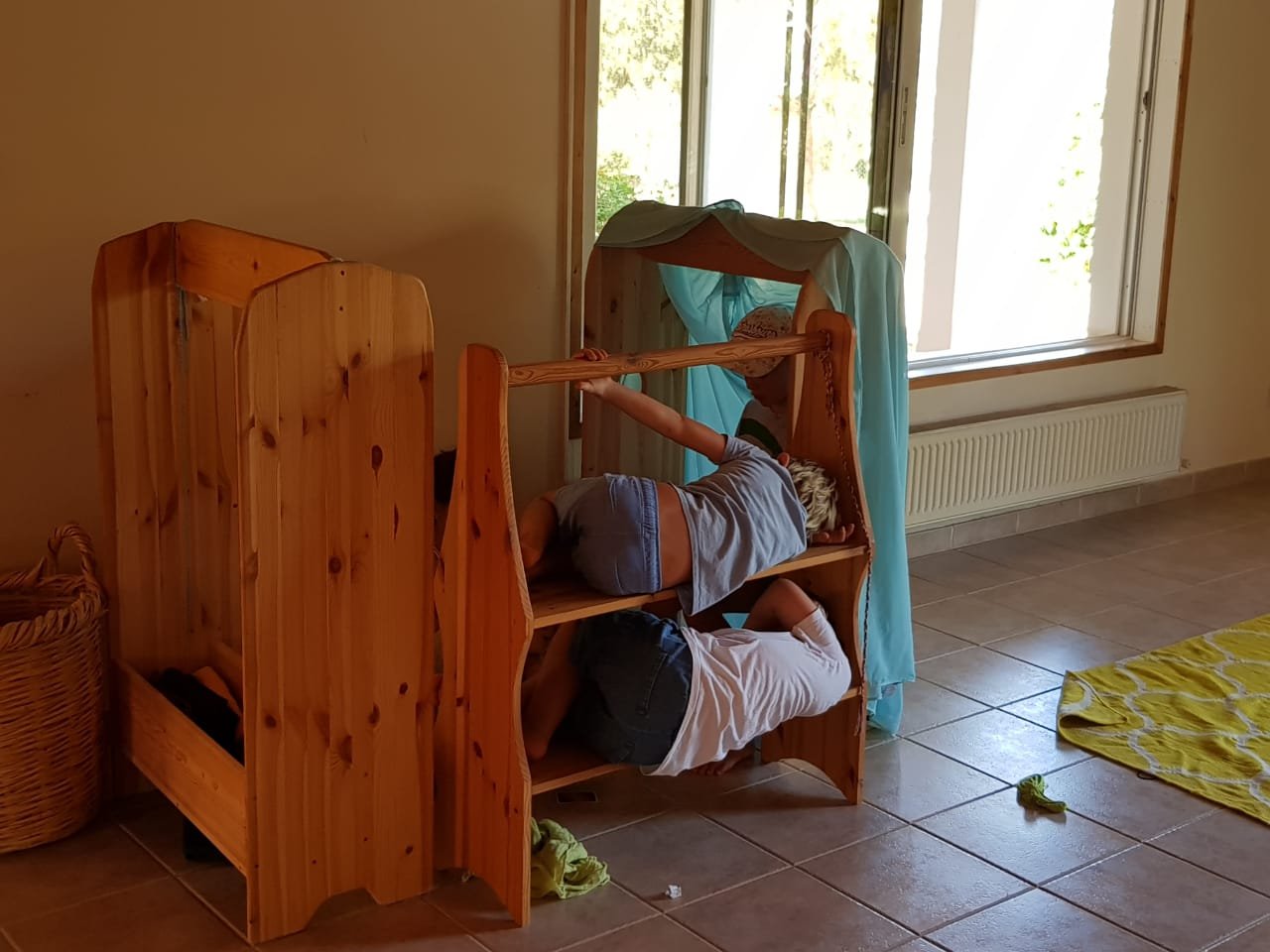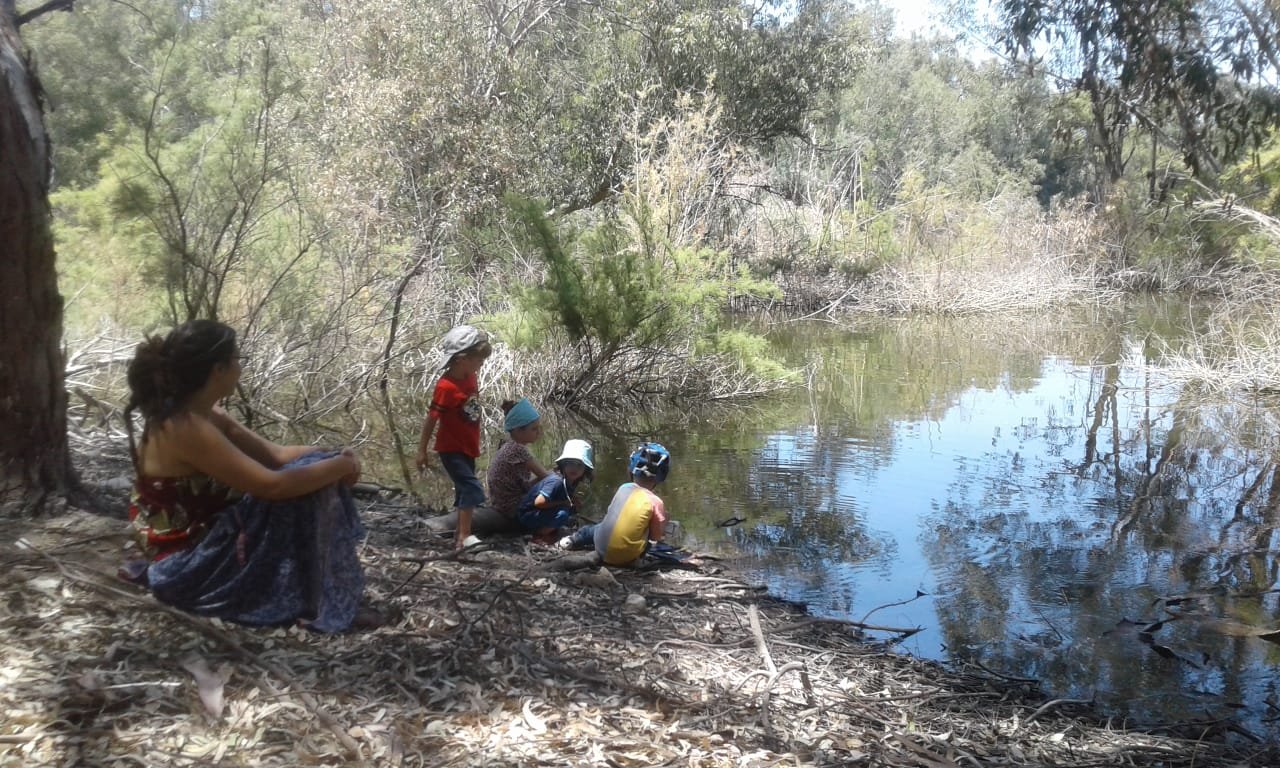Translated here
Μεταφρασμένο λίγο πιο κάτω
Original message at the end
Message from Caboclo Águia Branca on 16.03.2020:
“This moment that humanity is going through now can be seen both as a portal and as a hole. The decision to fall into the hole or go through the portal is up to you. If they just regret the problem, consuming the news 24 hours a day, with low energy, nervous all the time, with pessimism, they will fall into the hole. But if you take this opportunity to look at yourself, rethink life and death, taking care of yourself and others, then you will be crossing the portal.
Take care of your home, take care of your body. Connect to the medium body of your spiritual house. Connect to the collective mind of your spiritual house. Body, house, medium body, spiritual house, all these are synonymous, that is to say the same thing. When you are taking care of one, you are taking care of everything else.
Do not lose the spiritual dimension of this crisis, have the point of view of the eagle, who from above, sees the whole, sees more broadly. There is a social demand in this crisis, but there is also a spiritual demand. The two go hand in hand. Without the social dimension, we fall into fanaticism. But without the spiritual dimension, we fall into pessimism and meaninglessness. You were prepared to go through this crisis. Take your toolbox and use all the tools you have at your disposal.
Know about the resistance of indigenous and African peoples: we have always been and continue to be exterminated. But we still don’t stop singing, dancing, building a fire and celebrating. Do not feel guilty about being happy during this difficult time. You do not help at all by being sad and without energy. You help if good things emanate to the Universe now. It is through joy that one resists.
Furthermore, when the storm passes, you will be very important in rebuilding this new world. You need to be well and strong. And, for that, there is no other way but to maintain a beautiful, cheerful and luminous vibration. This has nothing to do with alienation. This is a strategy of resistance. In shamanism, there is a rite of passage called the search for vision. You spend a few days alone in the forest, without water, without food, without protection. When you go through this portal, you acquire a new view of the world, because you have faced your fears, your difficulties … This is what is being asked of you. Let people take advantage of this time to carry out their vision-seeking rituals. What world do you want to build for yourself? For now, this is what you can do: serenity in the storm. Calm down and pray. Every day. Establish a routine of meeting the sacred every day. Good things emanate, what you emanate now is the most important thing. And sing, dance, resist through art, joy, faith and love.”
Μήνυμα από Caboclo Águia Branca στις 16.03.2020:
“Αυτή τη στιγμή που περνά τώρα η ανθρωπότητα μπορούμε να τη δούμε ως μια πύλη αλλά και ως μια τρύπα. Η απόφαση να πέσετε στην τρύπα ή να περάσετε από την πύλη εξαρτάται από εσάς. Εάν απλώς λυπηθούμε για το πρόβλημα, καταναλώνουμε τις ειδήσεις 24 ώρες την ημέρα, με χαμηλή ενέργεια, νευρικοί όλη την ώρα, με απαισιοδοξία, θα πέσουμε στην τρύπα. Αλλά αν εκμεταλλευτούμε αυτή την ευκαιρία για να κοιτάξουμε καλά τον εαυτό μας, να ξανασκεφτούμε τη ζωή και το θάνατο, φροντίζοντας τον εαυτό μας και τους άλλους, τότε θα διασχίσουμε την πύλη.
Ας φροντίσουμε το σπίτι μας. Ας φροντίσουμε το σώμα μας. Ας συνδεθούμε με το σώμα του πνευματικού μας σπιτιού. Ας συνδεθούμε με το συλλογικό μυαλό του πνευματικού μας σπιτιού. Σώμα, σπίτι, πνευματικό σώμα, πνευματικό σπίτι, όλα αυτά είναι συνώνυμα, είναι το ίδιο πράγμα. Όταν φροντίζουμε το ένα, φροντίσουμε τα πάντα.
Ας μη χάσουμε την πνευματική διάσταση αυτής της κρίσης, ας πάρουμε την οπτική γωνία του αετού, ο οποίος από ψηλά βλέπει το σύνολο, βλέπει μακριά. Υπάρχει κοινωνική απαίτηση σε αυτήν την κρίση, αλλά υπάρχει και μια πνευματική απαίτηση. Οι δύο πηγαίνουν χέρι-χέρι. Χωρίς την κοινωνική διάσταση, πέφτουμε στον φανατισμό. Αλλά χωρίς την πνευματική διάσταση, πέφτουμε σε απαισιοδοξία και νόημα. Είστε έτοιμοι να περάσετε από αυτή την κρίση. Πάρτε την εργαλειοθήκη σας και χρησιμοποιήστε όλα τα εργαλεία που έχετε στη διάθεσή σας.
Θυμηθείτε τη αντίσταση των αυτόχθονων και αφρικανικών λαών: πάντα υπήρξαμε και συνεχίζουμε να είμαστε υπό εξόντωση. Αλλά δε σταματάμε να τραγουδάμε, να χορεύουμε, να φτιάχνουμε φωτιά και να εορτάζουμε. Μην νιώθετε ένοχοι να είστε ευτυχισμένοι σε αυτή τη δύσκολη στιγμή. Δεν βοηθάτε καθόλου να είστε θλιμμένοι και χωρίς ενέργεια. Βοήθεια αυτή τη είναι η εκπομπή καλών πραγμάτων στο Σύμπαν. Είναι μέσα από τη χαρά που μπορούμε να αντισταθούμε.
Επιπλέον, όταν περάσει η καταιγίδα, θα είστε πολύ σημαντικοί για την ανοικοδόμηση αυτού του νέου κόσμου. Πρέπει να είστε καλά και ισχυροί. Και γι ‘αυτό, δεν υπάρχει άλλος τρόπος παρά να διατηρηθεί μια όμορφη, χαρούμενη και φωτεινή δόνηση. Αυτό δεν έχει καμία σχέση με την αποξένωση. Είναι μια στρατηγική αντίστασης. Στον σαμανισμό, υπάρχει μια ιεροτελεστία που ονομάζεται αναζήτηση όρασης. Ξοδεύετε λίγες μόνο ημέρες στο δάσος, χωρίς νερό, χωρίς φαγητό, χωρίς προστασία. Όταν περάσετε από αυτήν την πύλη, αποκτάτε μια νέα άποψη για τον κόσμο, επειδή έχετε αντιμετωπίσει τους φόβους σας, τις δυσκολίες σας… Αυτό σας ζητάμε. Αφήστε τους να επωφεληθούν από αυτή τη ευκαιρία για να πραγματοποιήσουν τις τελετουργίες τους αναζητώντας το όραμα. Εσείς τι κόσμο θέλετε να κτίσετε για τον εαυτό σας; Το κύριο που μπορούμε να κάνουμε προς το παρόν: ηρεμία στη θύελλα. Χαλαρώστε και προσευχηθείτε. Κάθε μέρα. Δημιουργήστε μια ρουτίνα συνάντησης με το ιερό κάθε μέρα. Τα καλά πράγματα διακτινίζονται, αυτό που εκπέμπετε τώρα είναι το πιο σημαντικό πράγμα. Και τραγουδάτε, χορεύετε, αντισταθείτε μέσω της τέχνης, της χαράς, της πίστης και της αγάπης.”
Mensagem do Caboclo Águia Branca em 16.03.2020:
“Esse momento que a humanidade está vivendo agora pode ser encarado tanto como um portal quanto como um buraco. A decisão de cair no buraco ou atravessar o portal cabe a vocês. Se ficarem apenas lamentando o problema, consumindo as notícias 24 horas por dia, com a energia baixa, nervosos o tempo todo, com pessimismo, irão cair no buraco. Mas se aproveitarem essa oportunidade para olharem para si, repensarem a vida e a morte, cuidando de si e dos outros, aí estarão atravessando o portal.
Cuidem da casa de vocês, cuidem do corpo de vocês. Se conectem ao corpo mediúnico da Casa espiritual de vocês. Se conectem à egrégora da Casa espiritual de vocês. Corpo, casa, corpo mediúnico, casa espiritual, tudo isso é sinônimo, quer dizer a mesma coisa. Quando você está cuidando de um, está cuidando de todo o resto.
Não percam a dimensão espiritual dessa crise, tenham o olhar da águia, que lá de cima, vê o todo, enxerga de forma mais ampla. Existe uma demanda social nessa crise, mas existe tambem a demanda espiritual. As duas andam de mãos dadas. Sem a dimensão social, caímos no fanatismo. Mas sem a dimensão espiritual, caímos no pessimismo e na falta de sentido. Vcs foram preparados para atravessar essa crise. Peguem a caixa de ferramenta de vocês e usem todas as ferramentas que vocês têm ao seu dispor.
Aprendam sobre resistência com os povos indígenas e africanos: nós sempre fomos e continuamos sendo exterminados. Mas nem por isso paramos de cantar, dançar, fazer fogueira e festa. Não se sintam culpados por estarem alegres durante esse período dificil. Vcs não ajudam em nada ficando tristes e sem energia. Vcs ajudam se emanarem coisas boas para o Universo agora. É através da alegria que se resiste.
Além disso, quando a tempestade passar, vocês serão muito importantes na reconstrução desse novo mundo. Vcs precisam estar bem e fortes. E, para isso, não há outro jeito senão se manter uma vibração bonita, alegre e luminosa. Isso não tem nada a ver com alienação. Isso é estratégia de resistência. No xamanismo, existe um rito de passagem chamado busca da visão. Vc fica alguns dias sozinhos na floresta, sem água, sem comida, sem proteção. Quando você atravessa esse portal, você adquire uma visão nova do mundo, por ter enfrentado seus medos, suas dificuldades… É o que está sendo solicitado a vocês. Que aproveitem esse tempo para realizarem os seus rituais de busca da visão. Que mundo vocês querem construir para vocês? Por hora, é o que vocês podem fazer: serenidade na tempestade. Se acalmem e rezem. Todos os dias. Estabeleçam uma rotina de encontro com o sagrado todos os dias. Emanem coisas boas, o que vocês emanam agora é o mais importante. E cantem, dancem, resistam através da arte, da alegria, da fé e do amor.”
